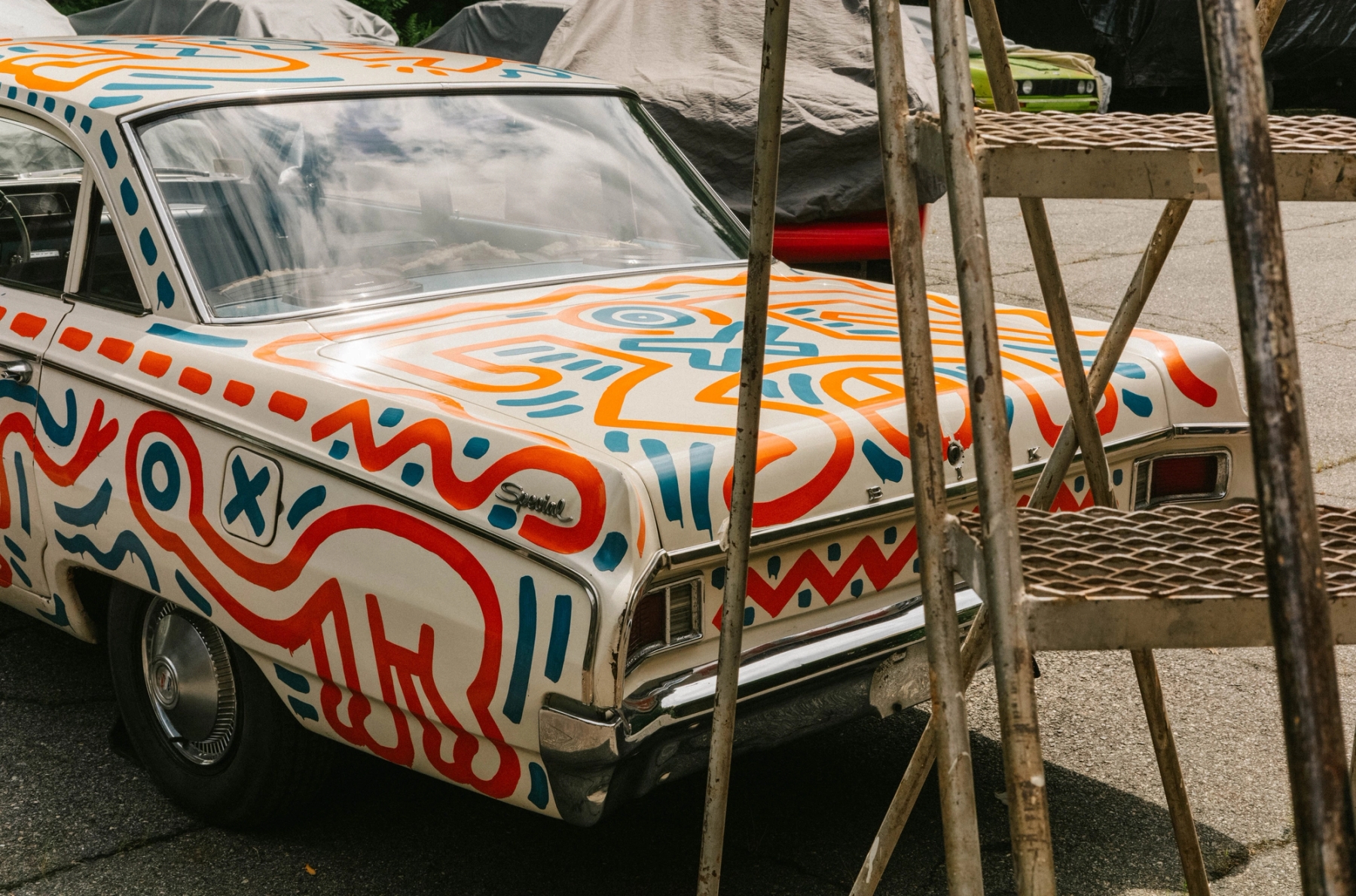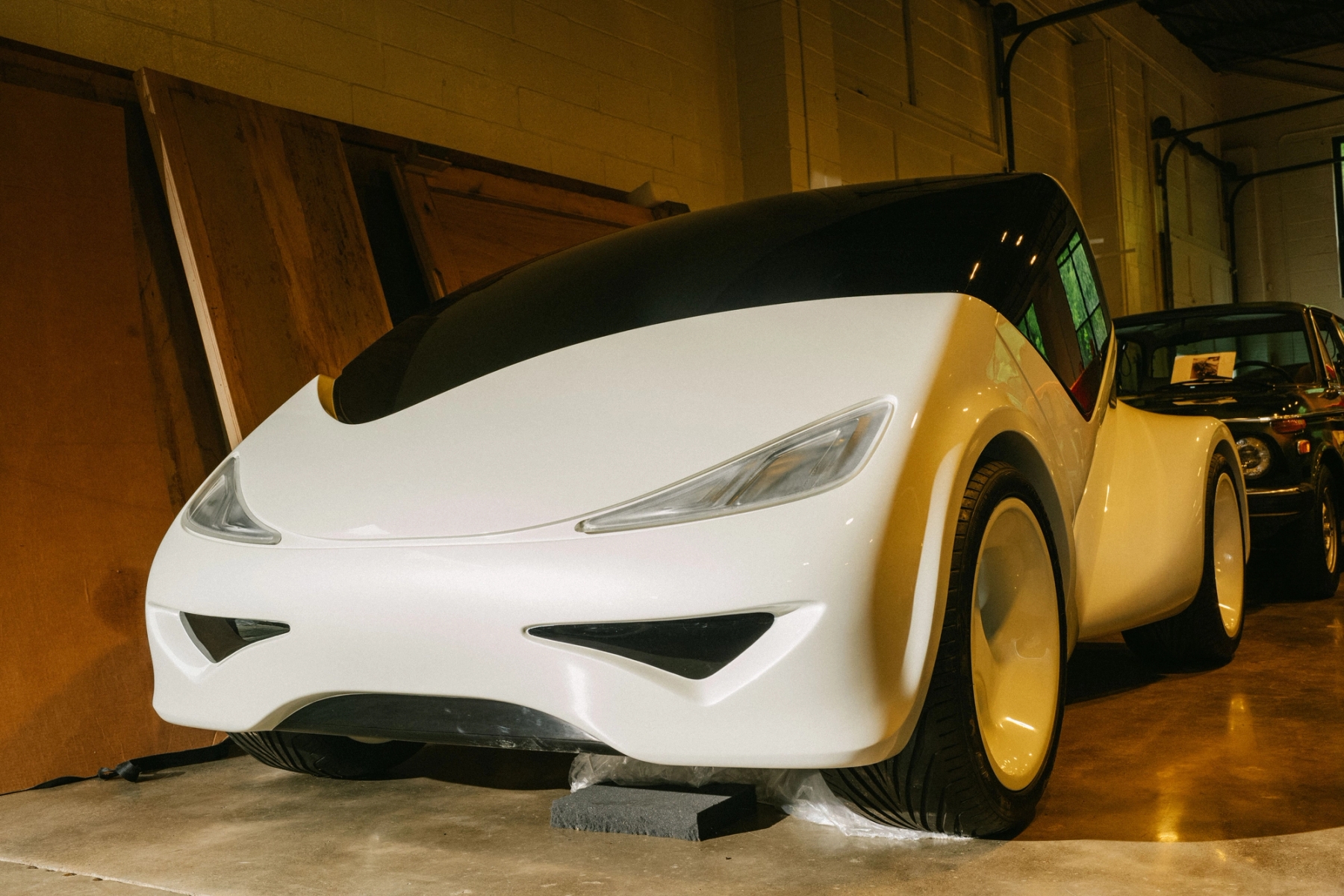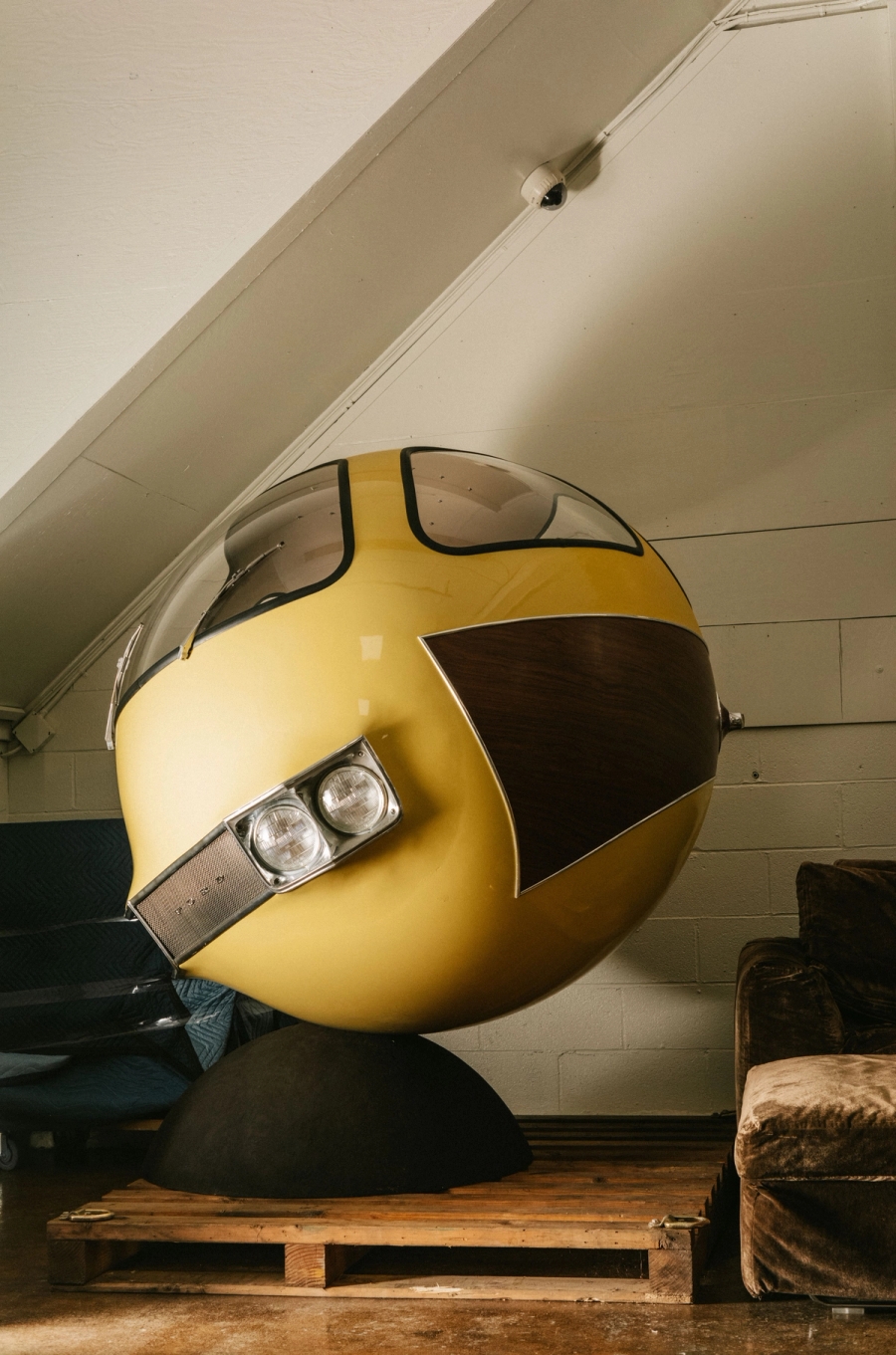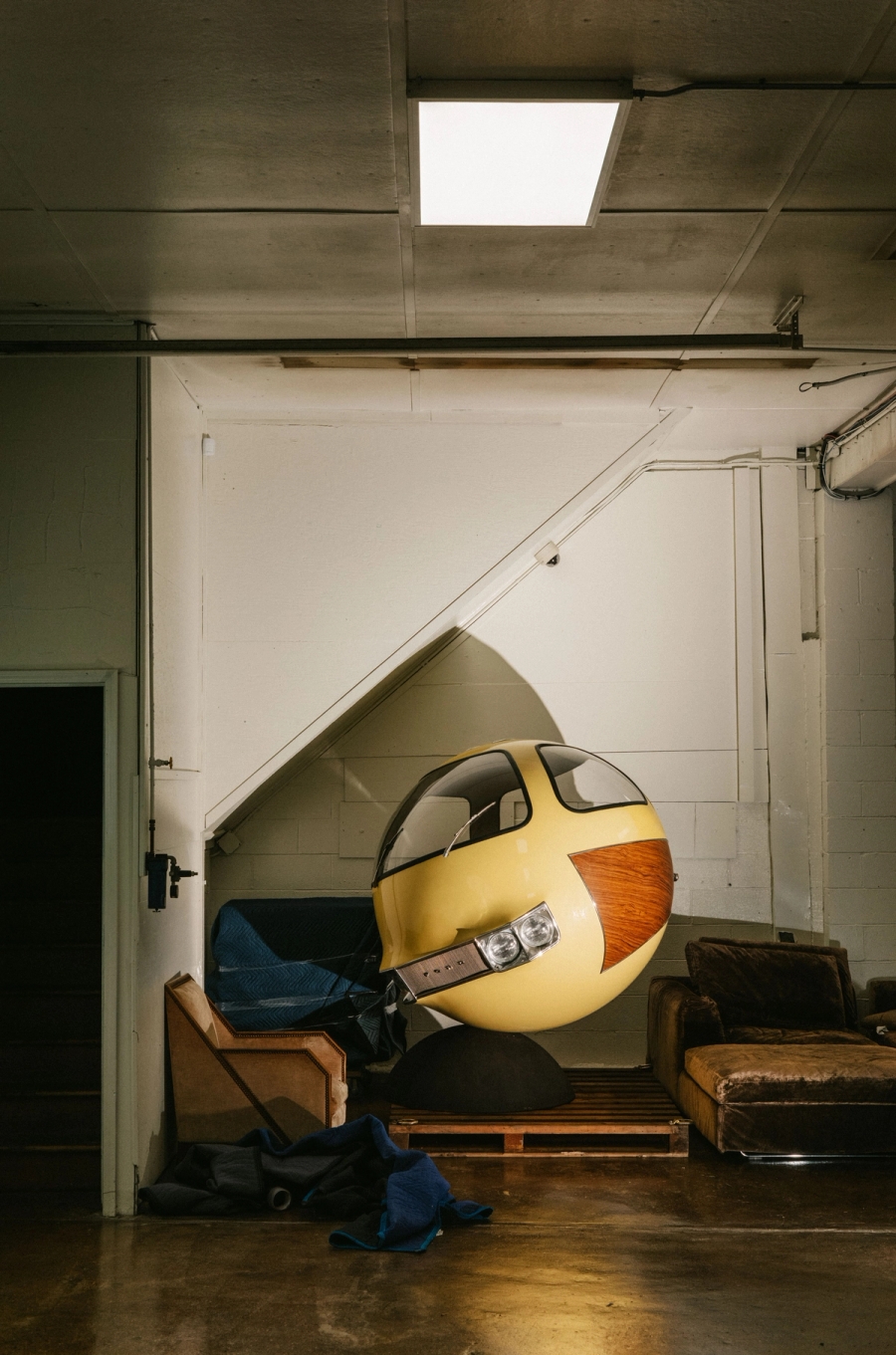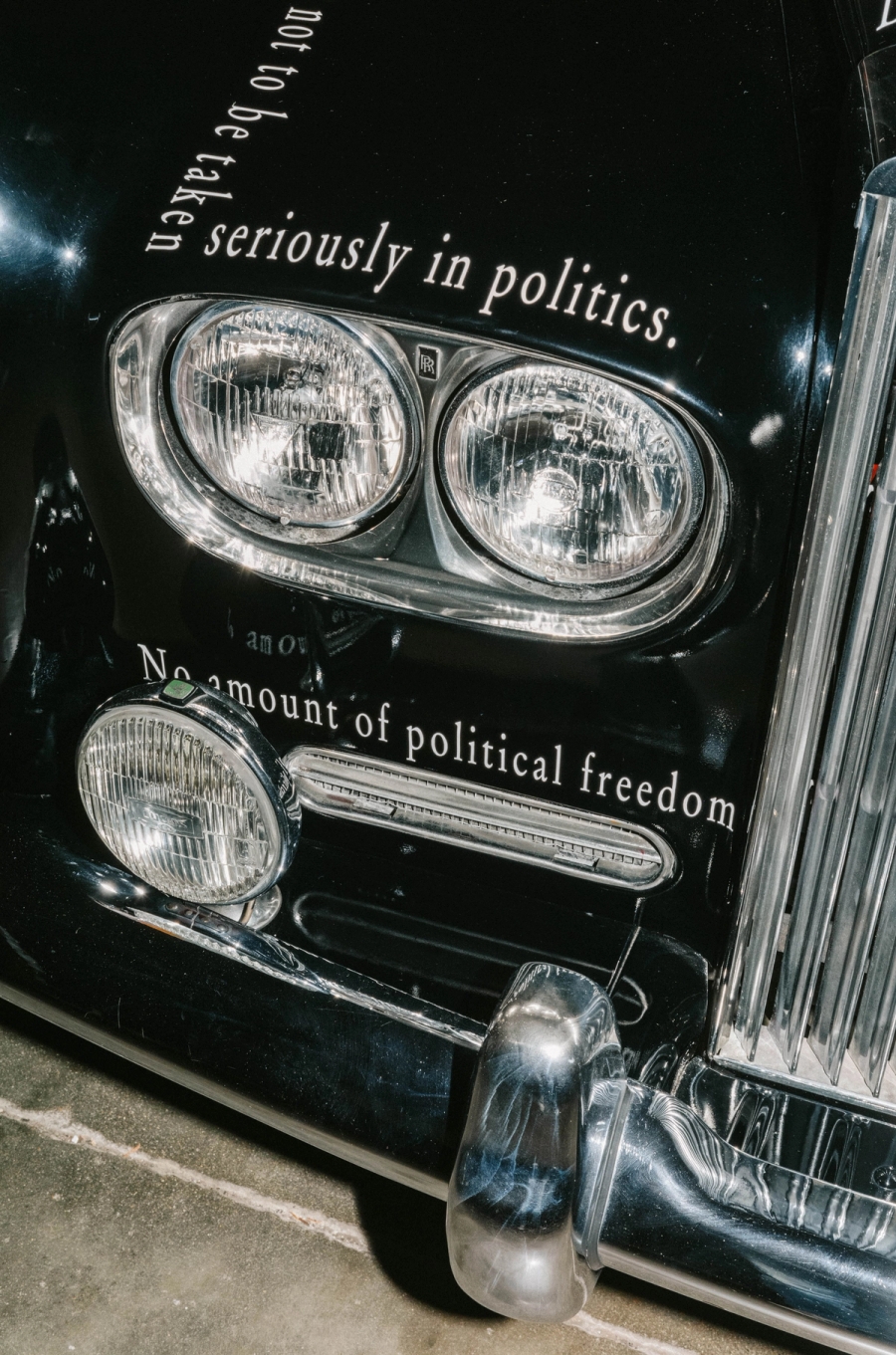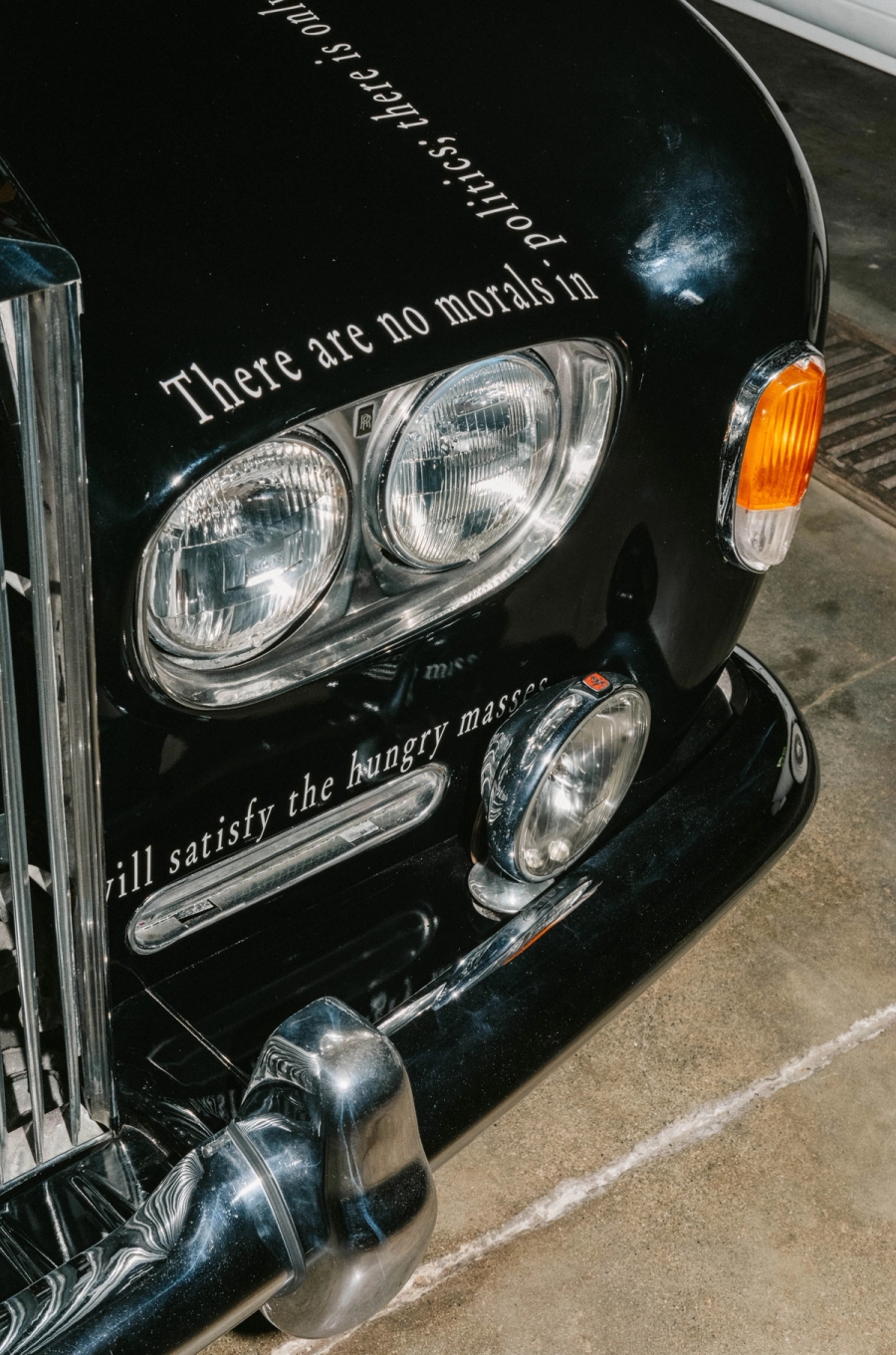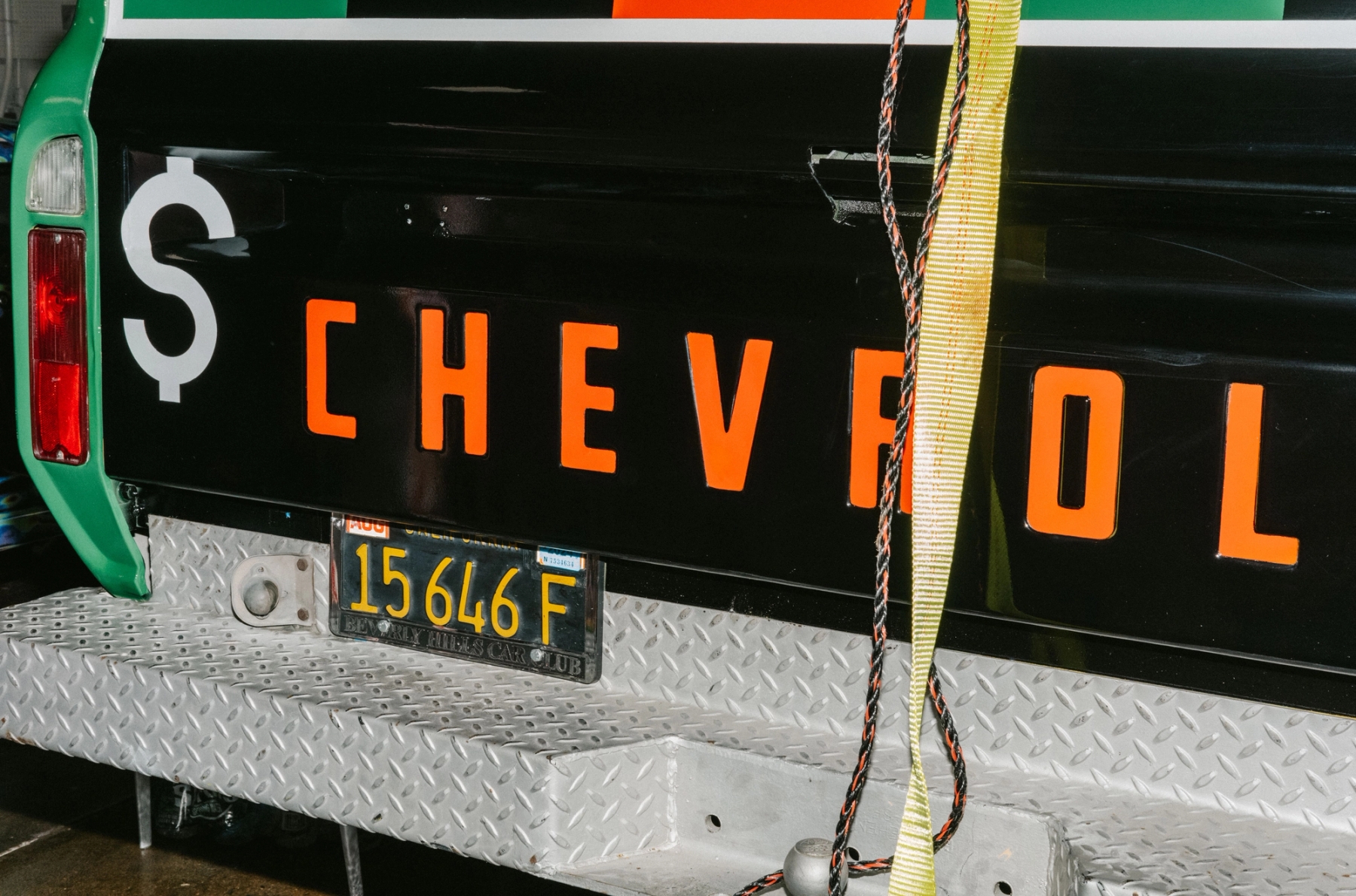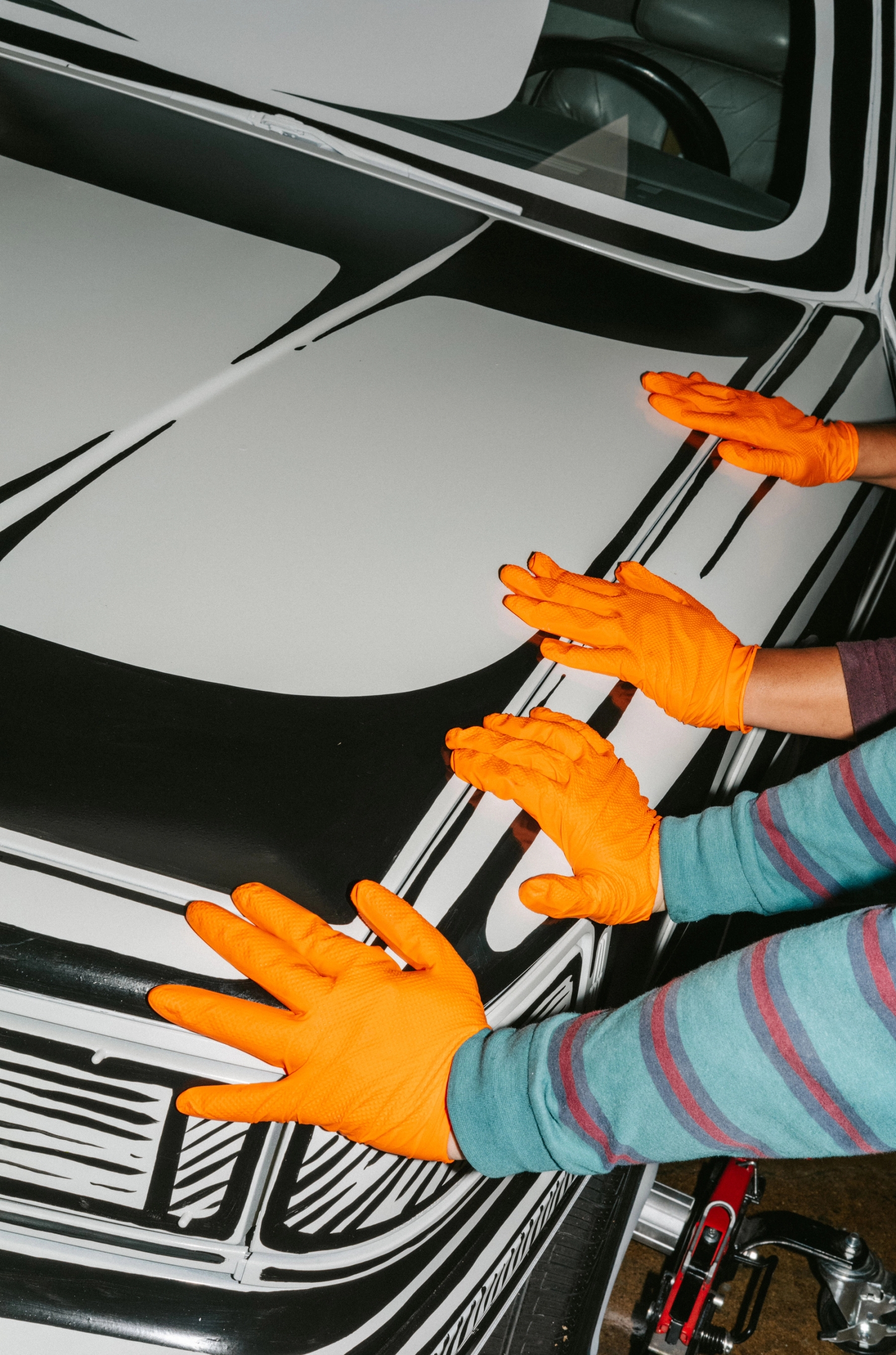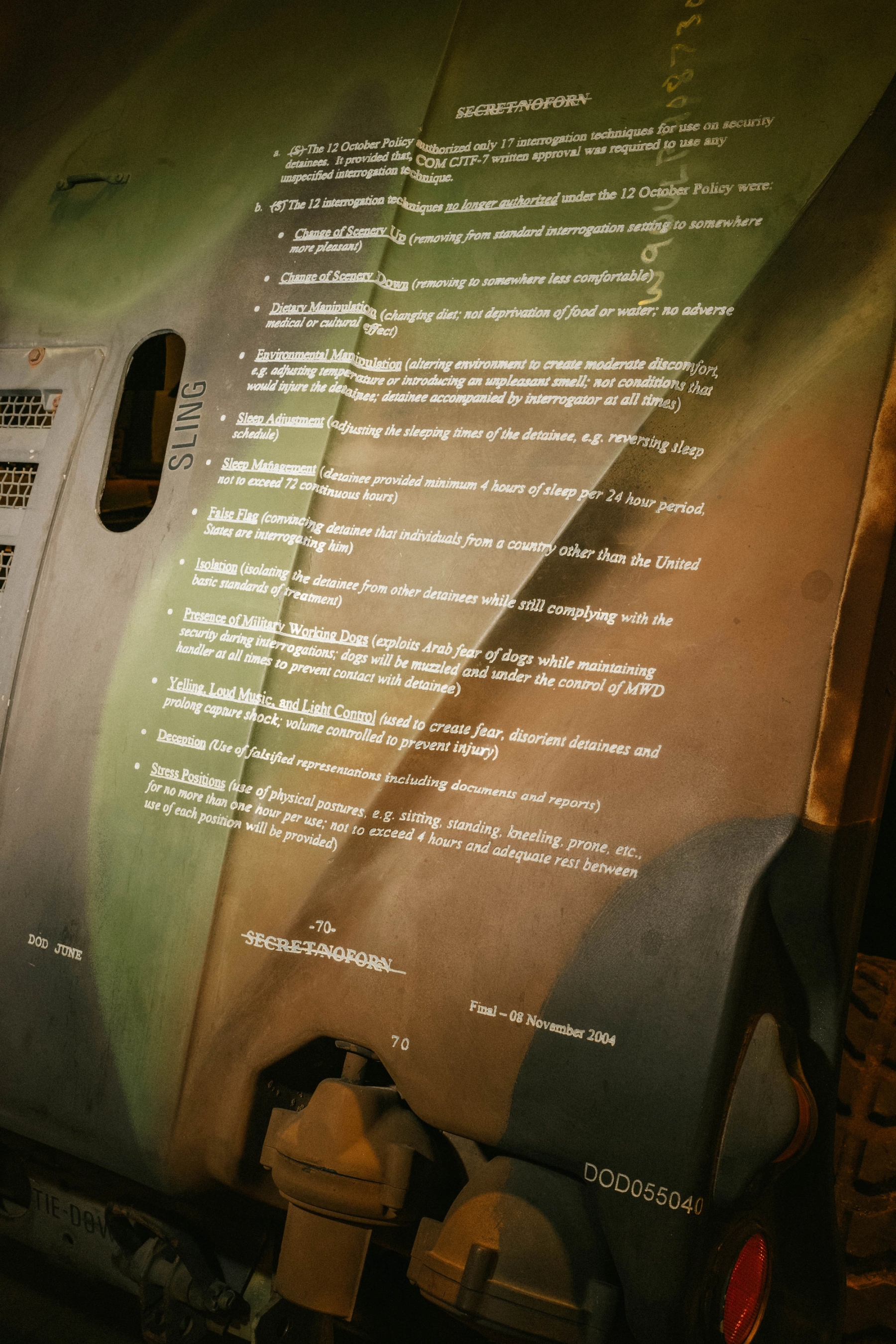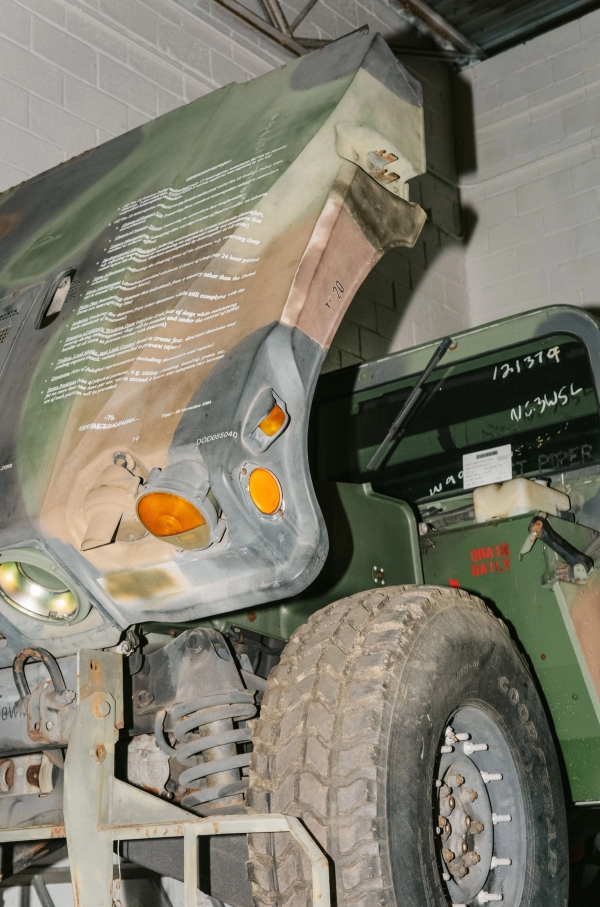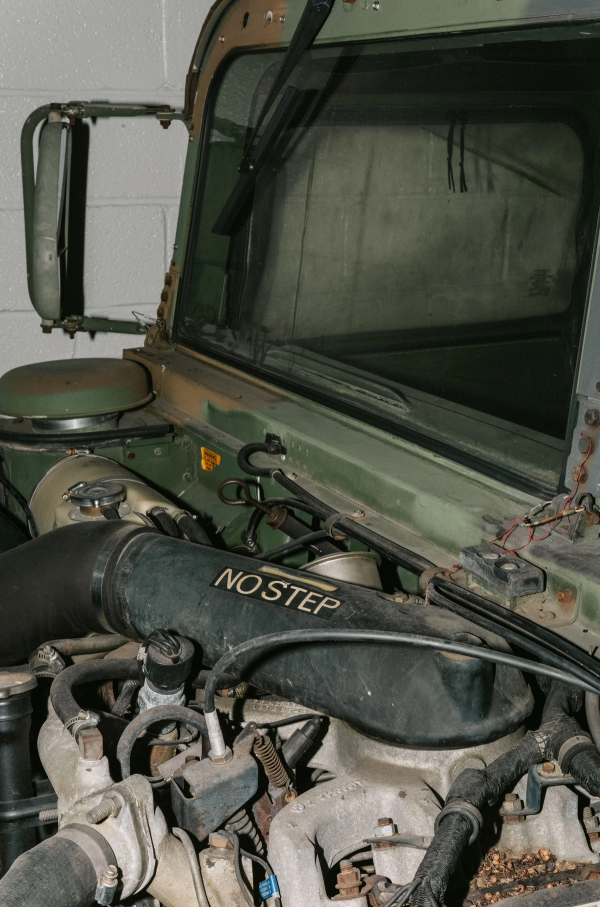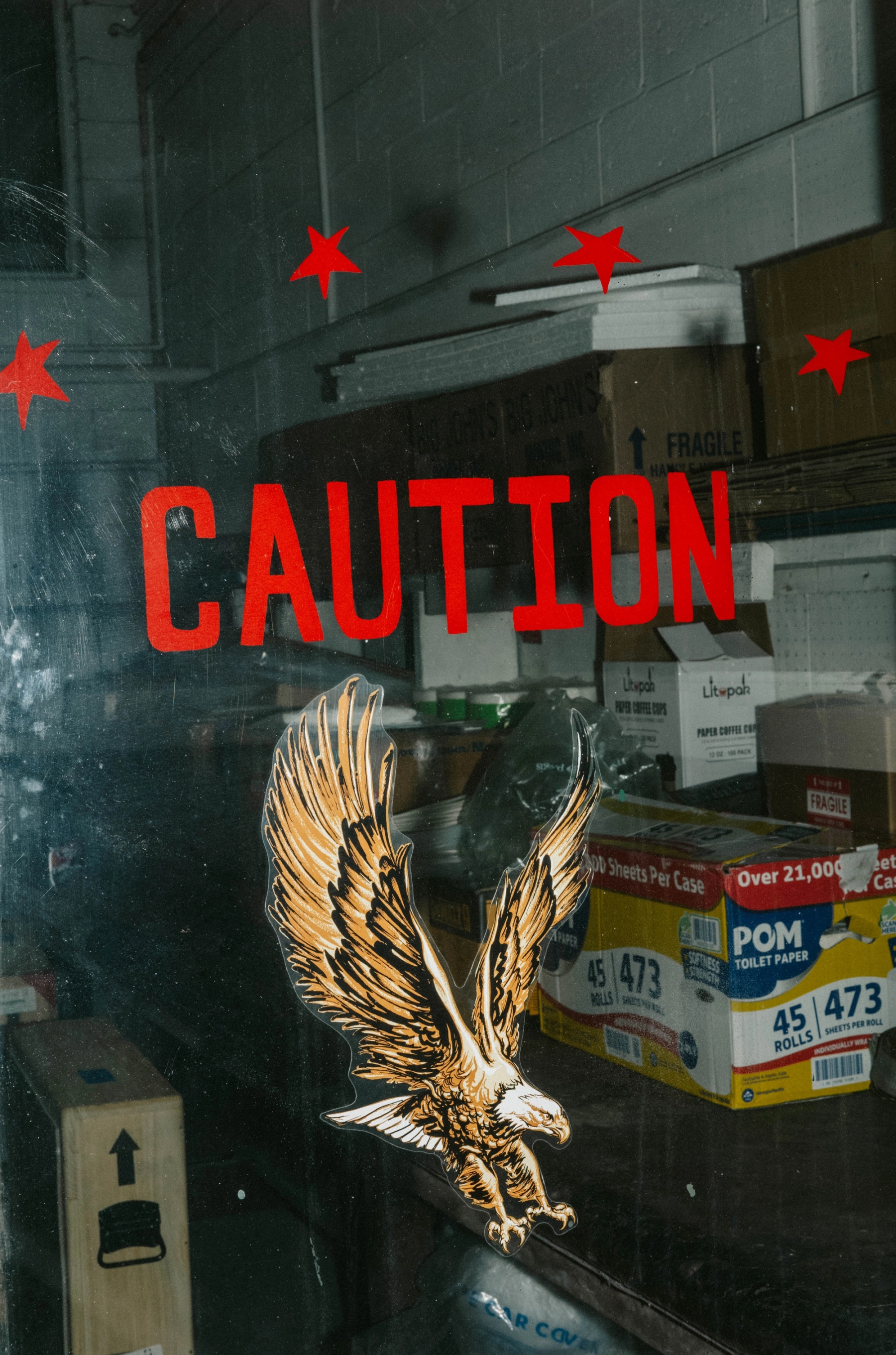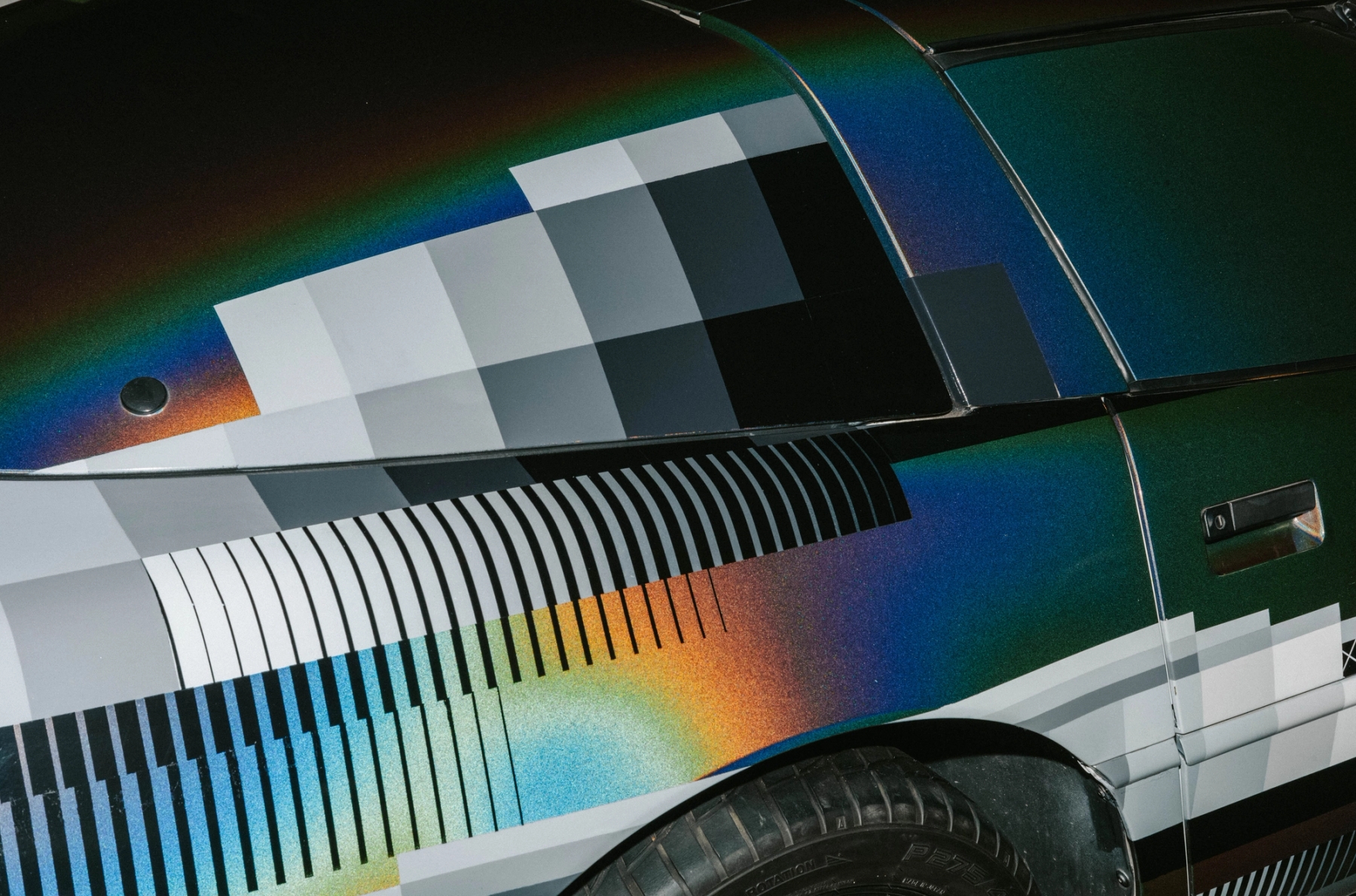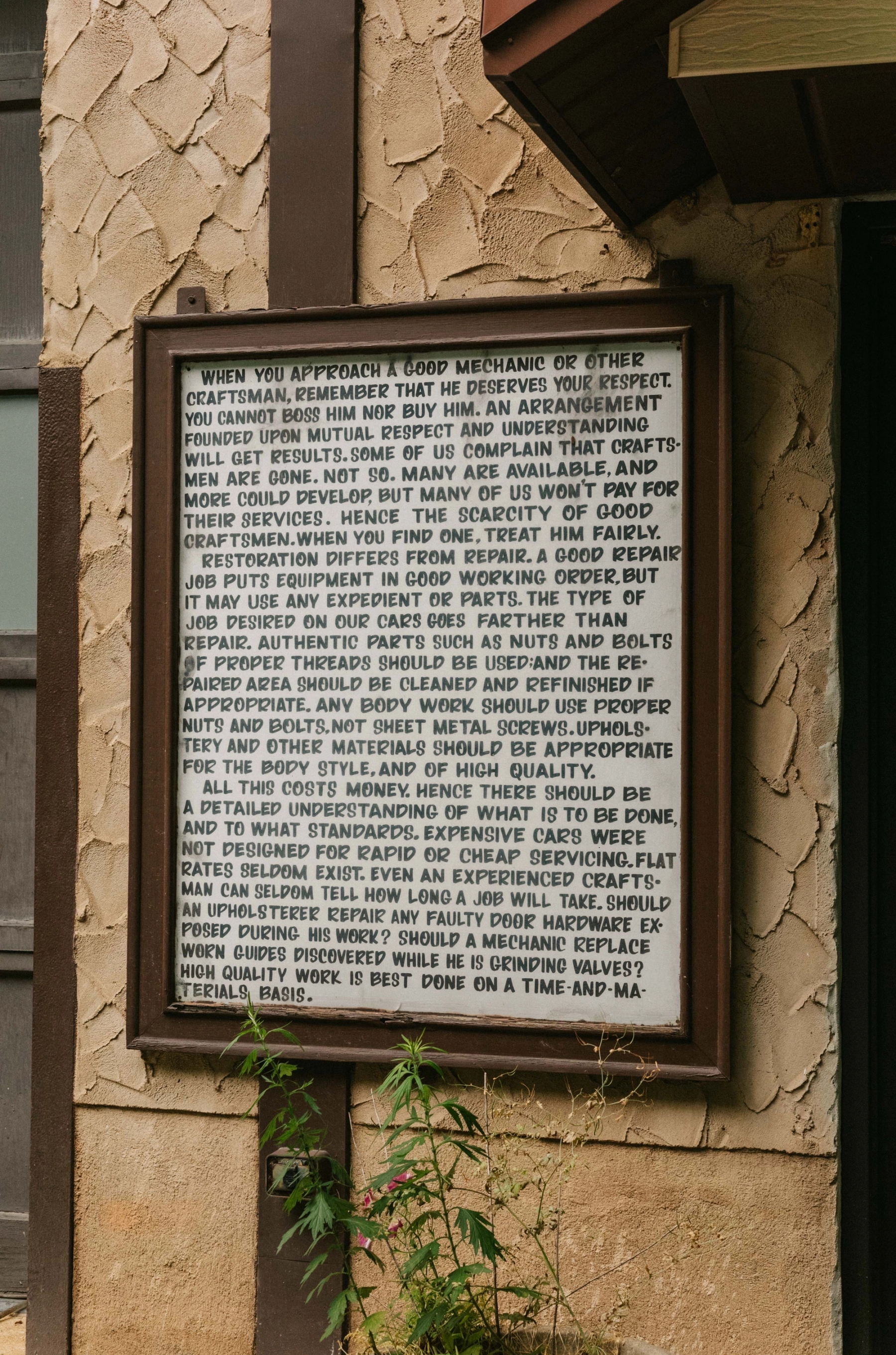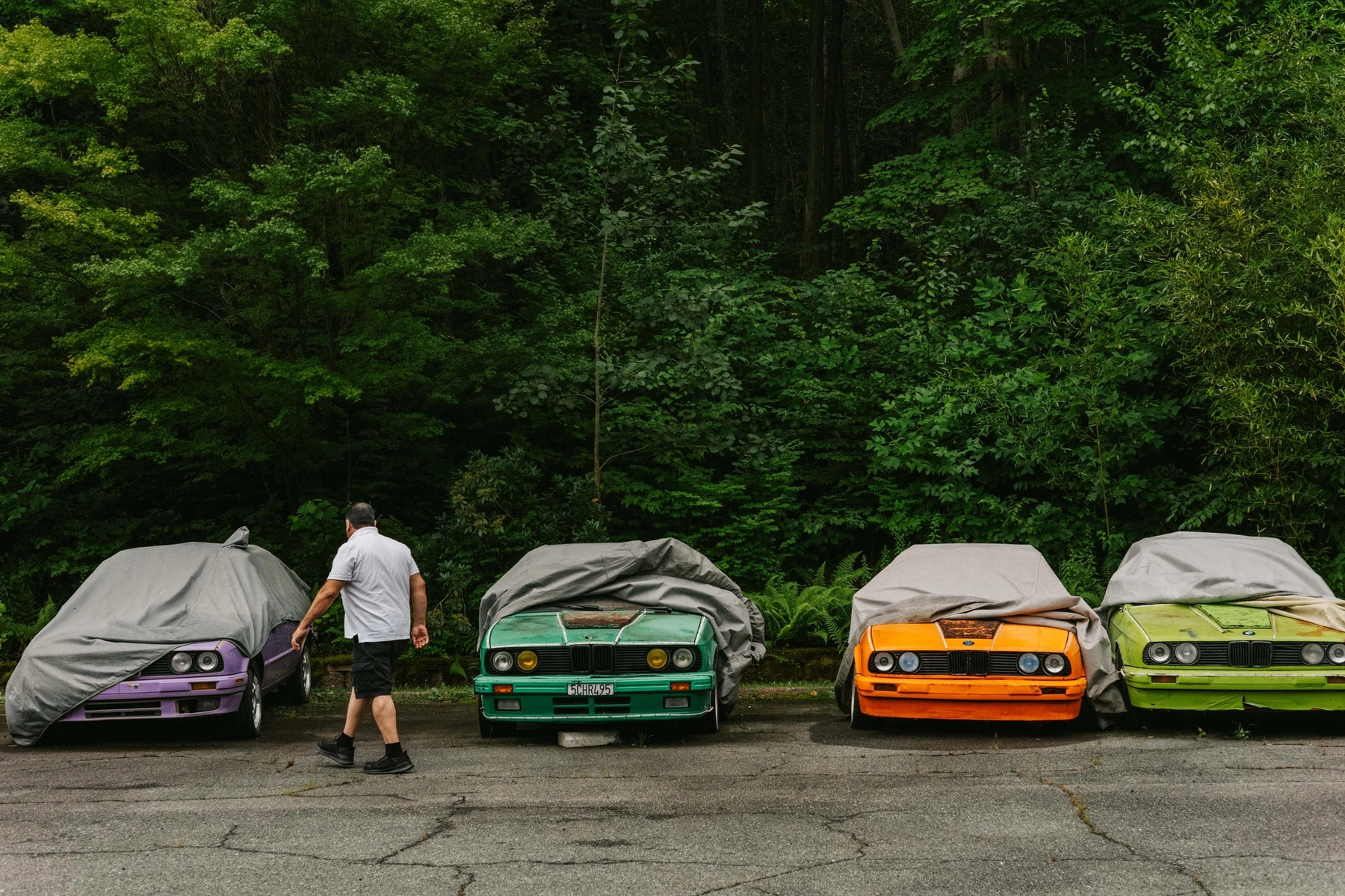Part Nostalgia, Part Prophecy: Inside Larry Warsh’s Collection
Photography James Jackman
On a quiet stretch of New Jersey road, a former car repair shop has been reborn: not as a place for fixing engines, but as a vault of visions for the future of civilization.
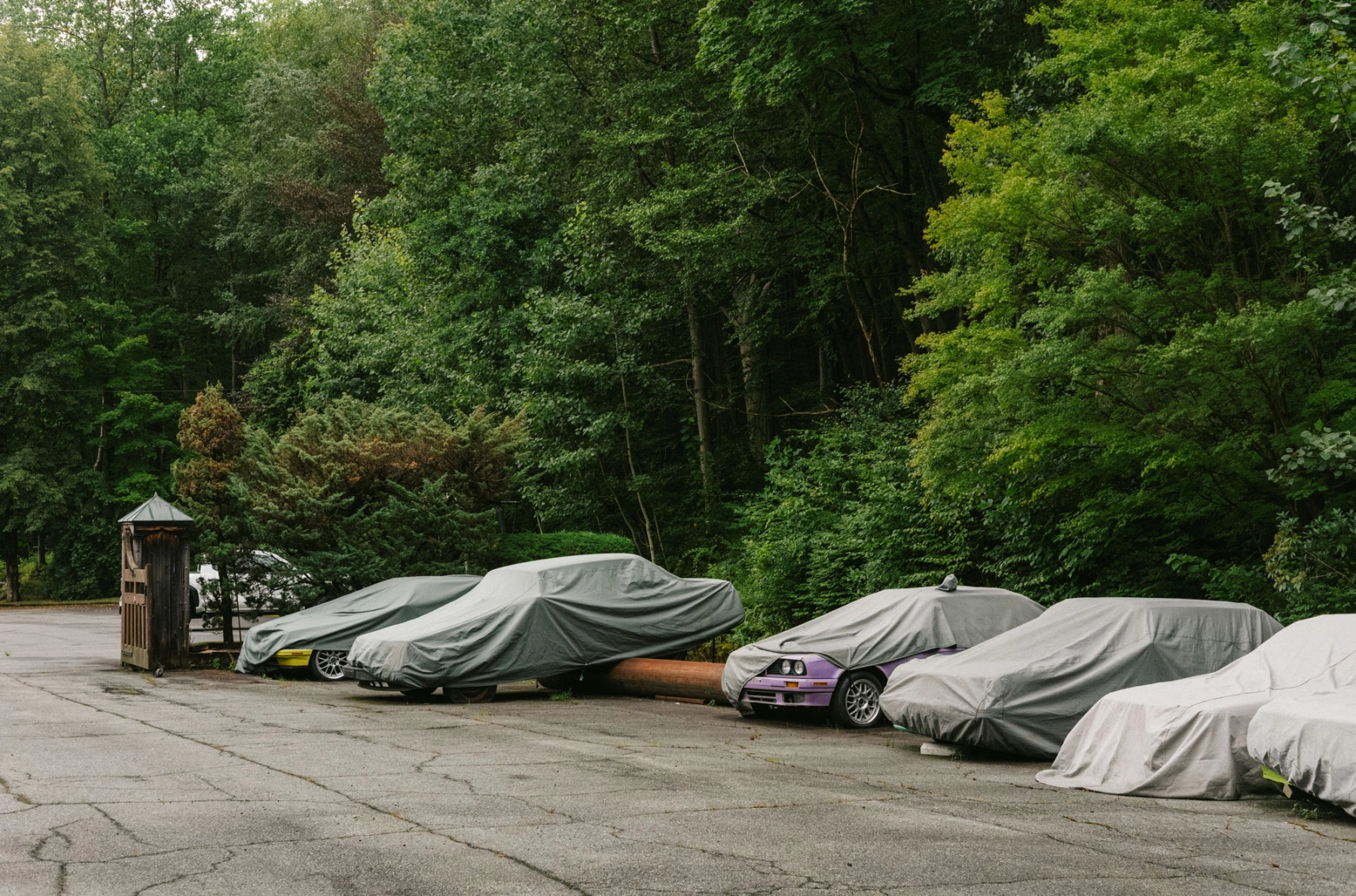
At the center of this transformation is not only a remarkable collection of artist-designed vehicles, but also the spirit that drives CART, a growing project on the periphery of Larry Warsh’s vision. With its broad, interdisciplinary lens, CART explores the fertile intersection of pop culture, car culture, and art: where design becomes performance, objects become symbols, and everyday vehicles transform into carriers of stories, identities, and movements.
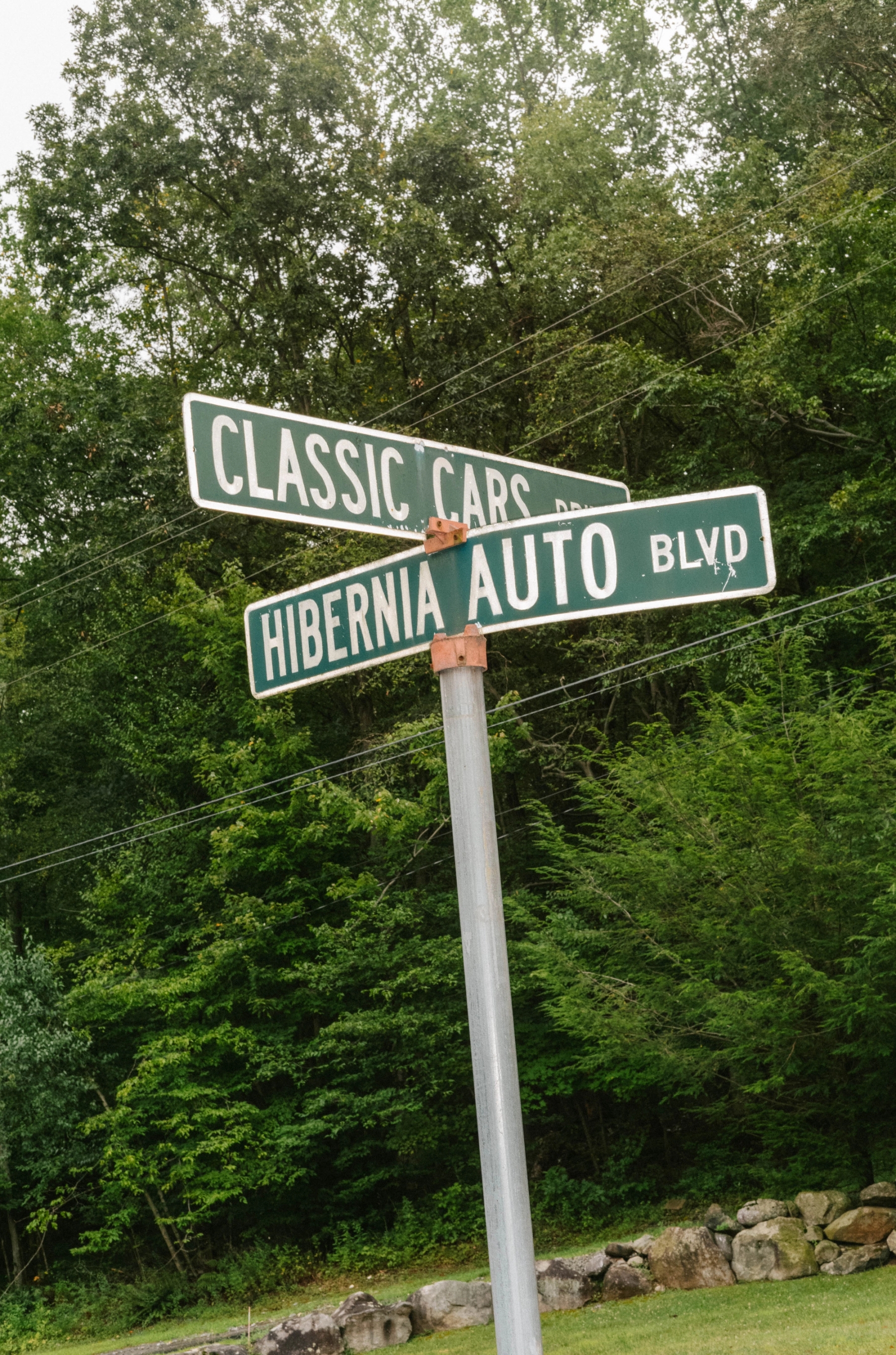
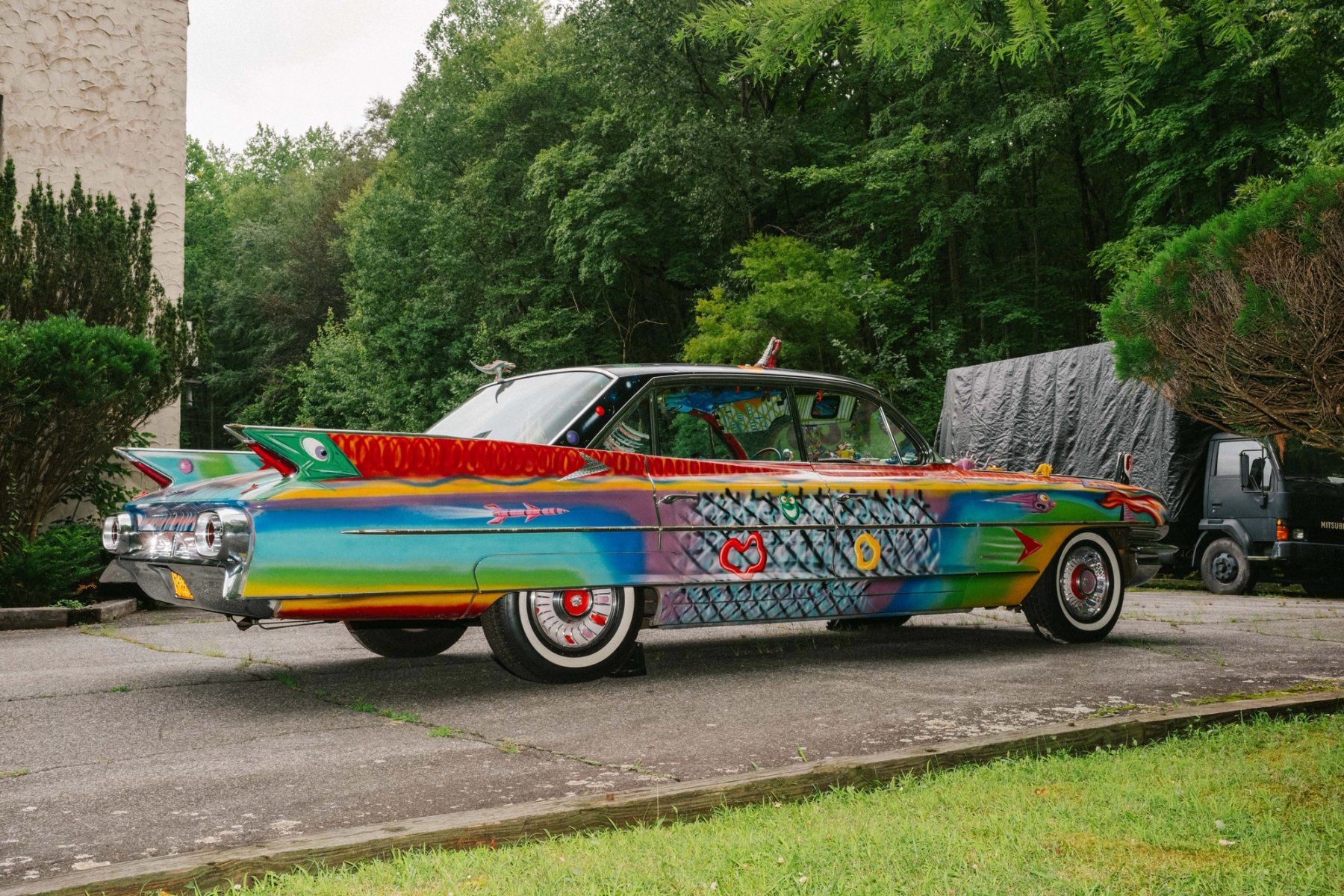

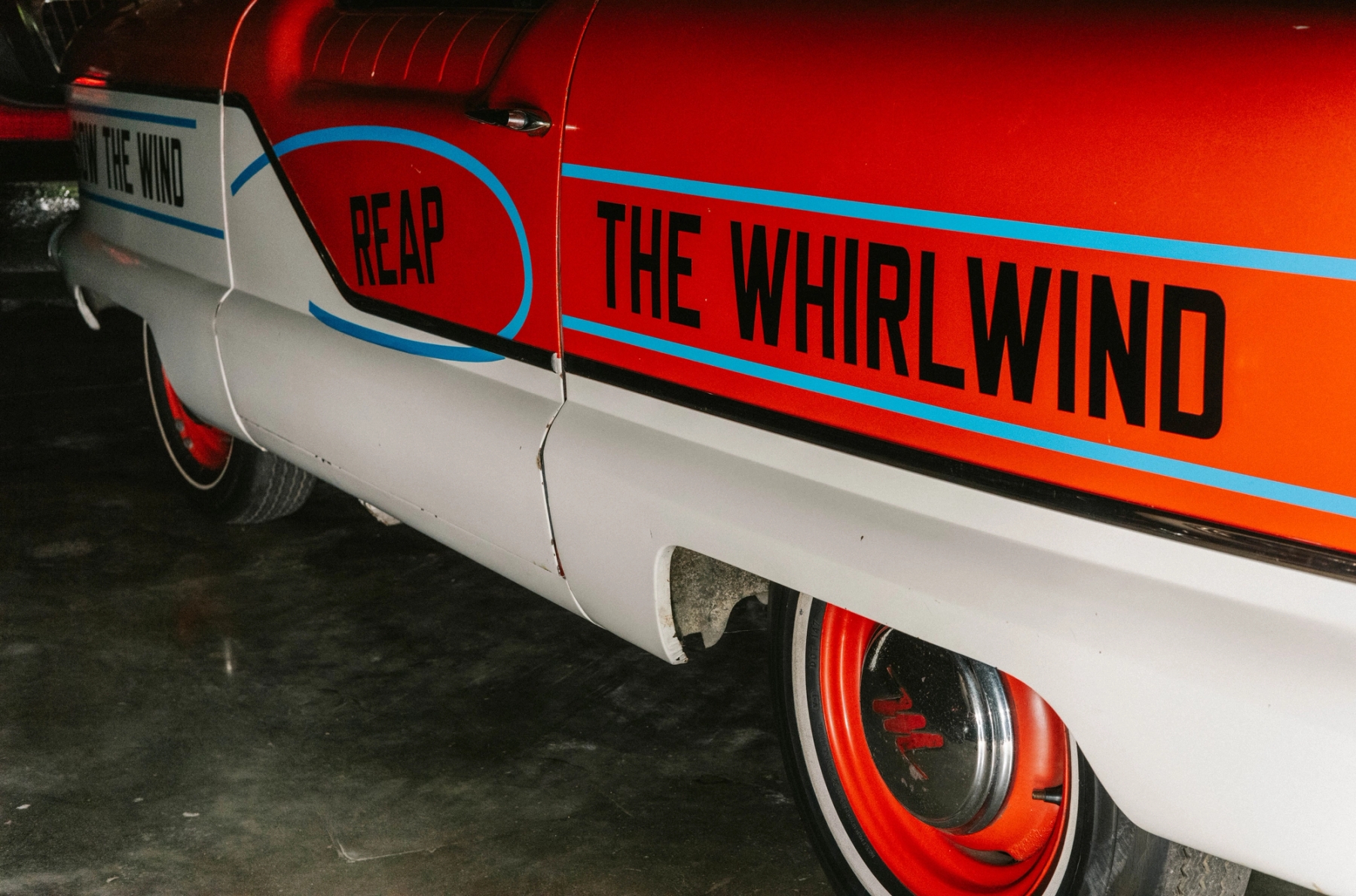
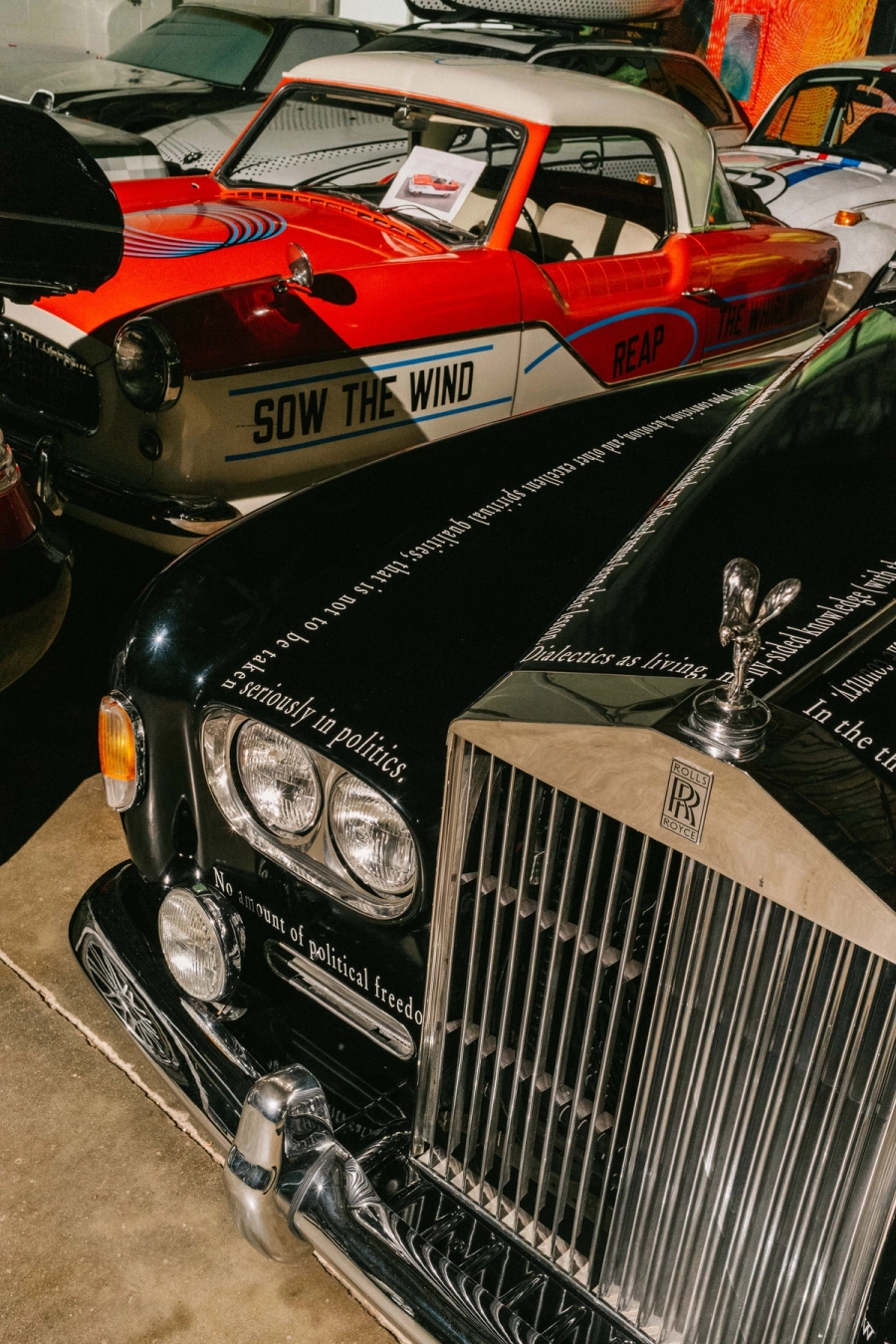
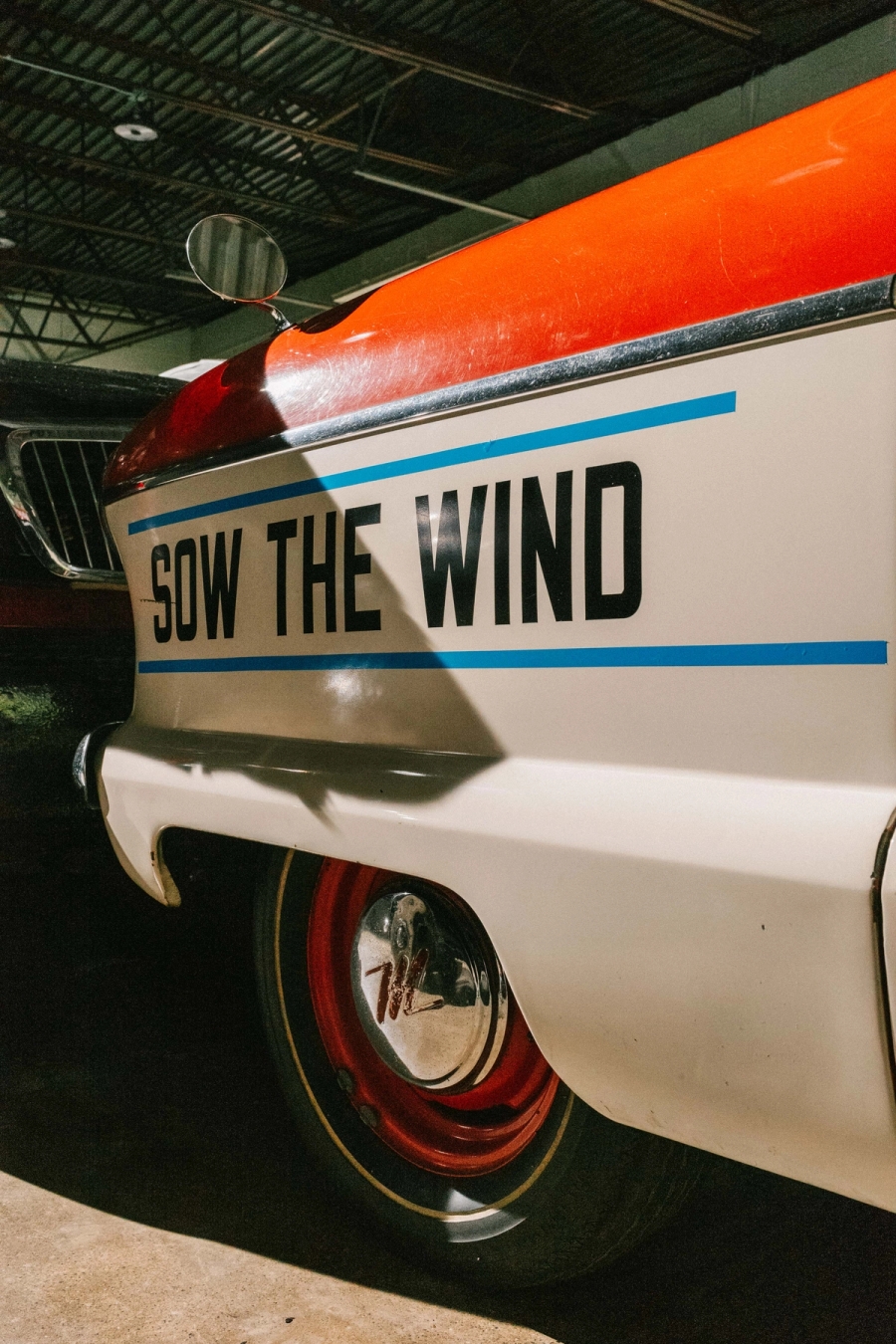
Once the domain of grease-stained mechanics and the steady clink of wrenches, the space now glows with extraordinary vehicles reimagined by some of the most influential artists of our time: Keith Haring, Barbara Kruger, Ai Weiwei, Marina Abramovic, Daniel Arsham, Jenny Holzer, Jean Tinguely, Ugo Rondinone, Arman, Sylvie Fleury, Carmen Herrera, and many more.
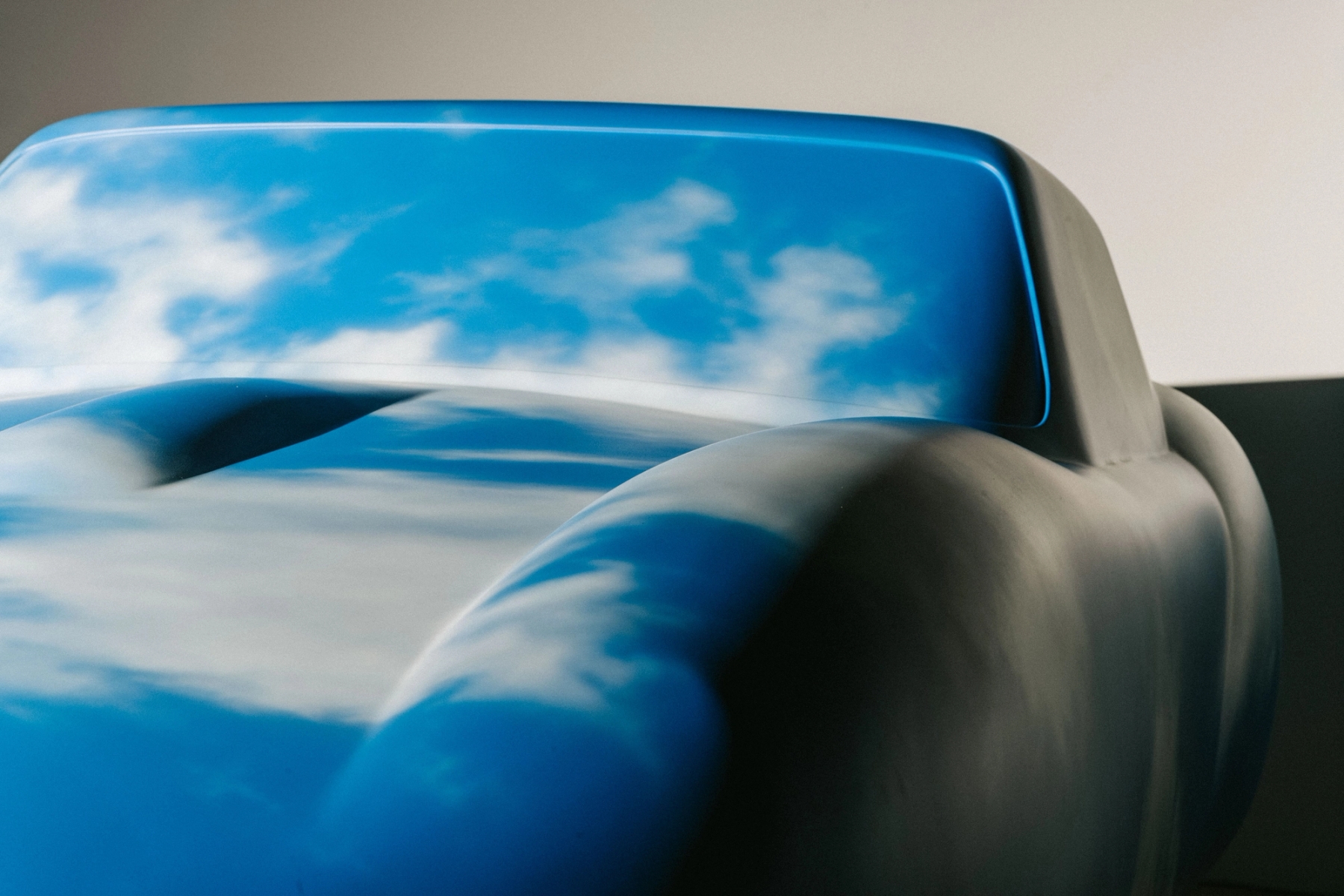
These are not cars in the conventional sense. They are sculptures on wheels, artifacts in the ongoing story of human movement: part nostalgia, part prophecy.
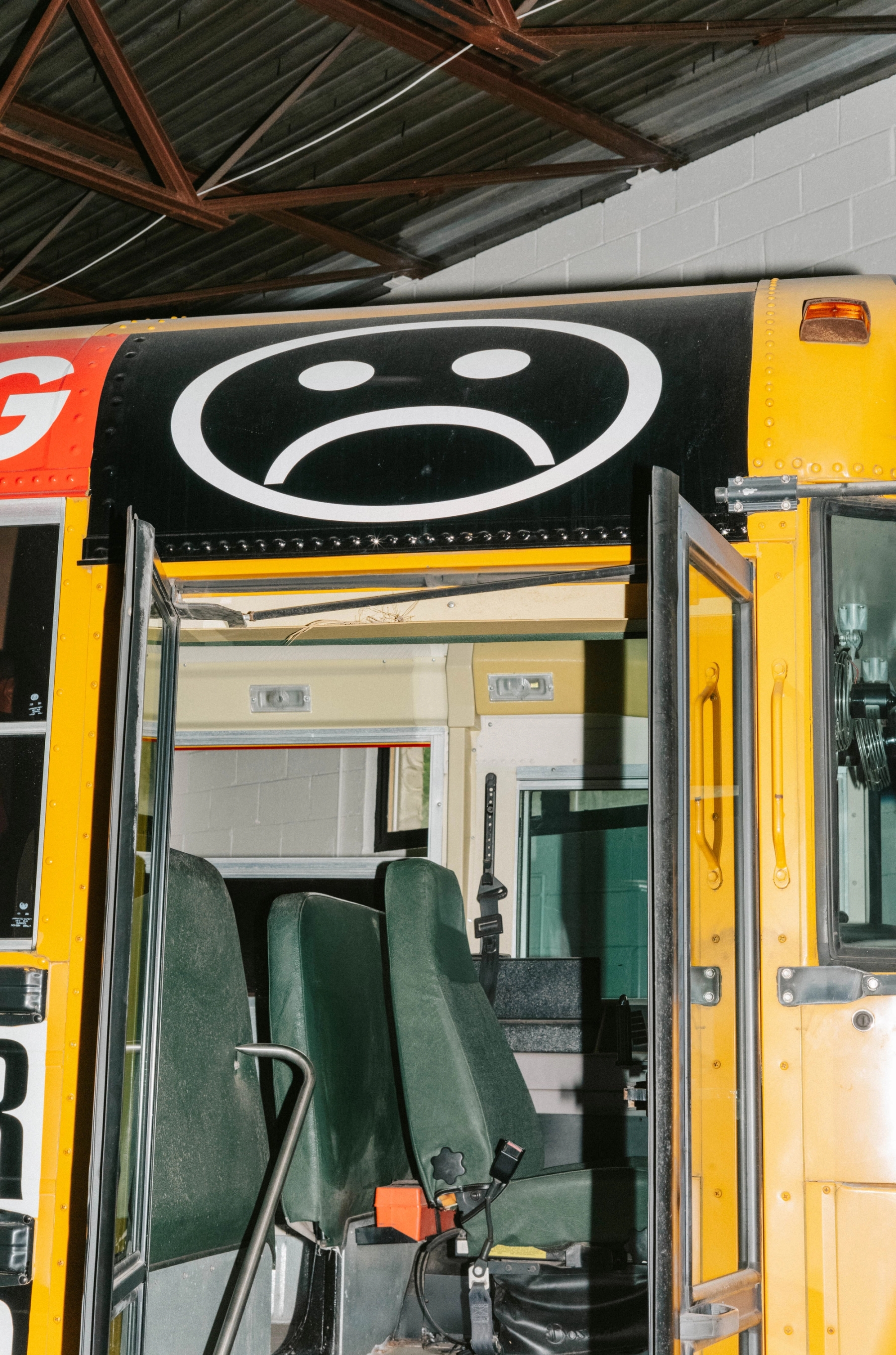
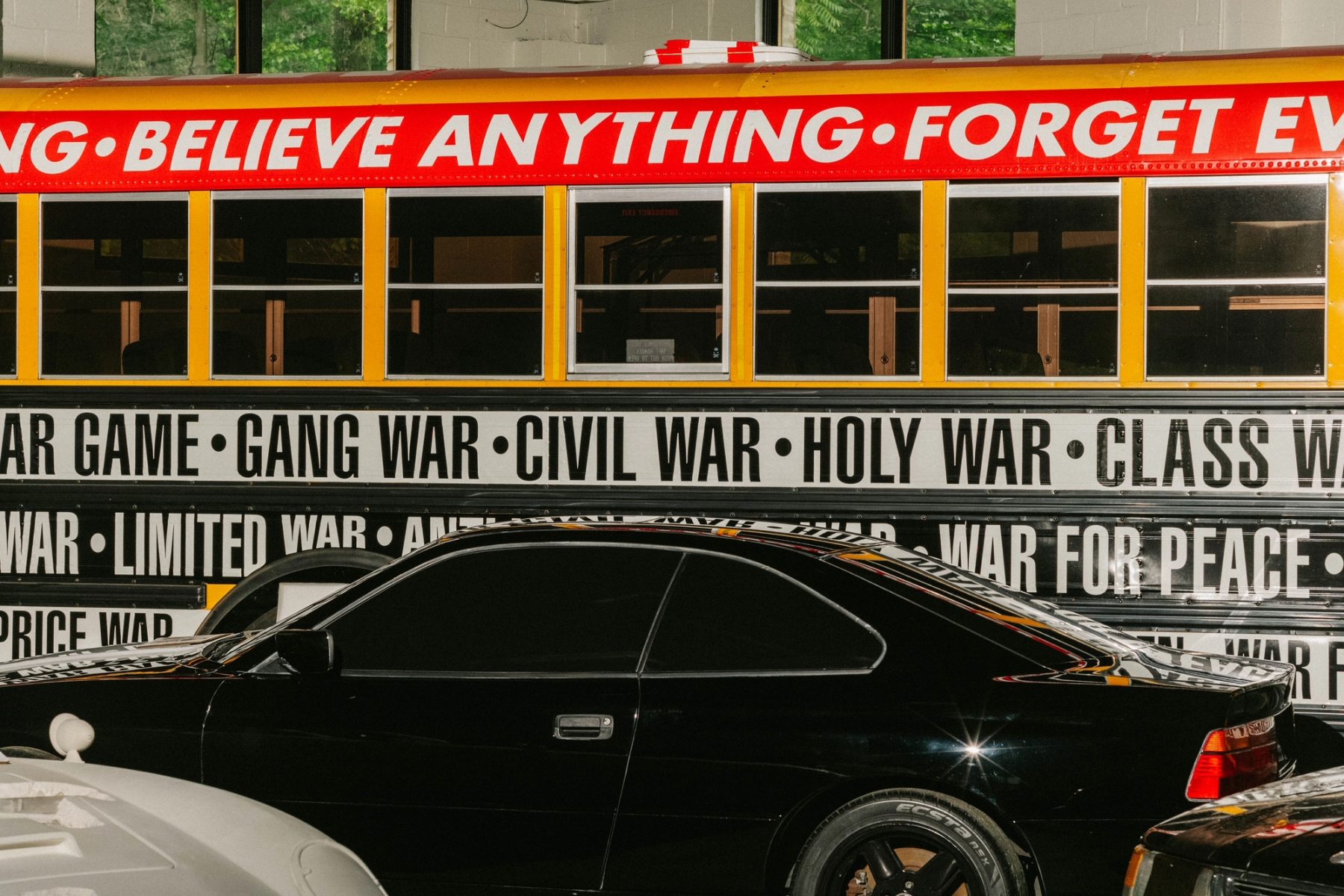
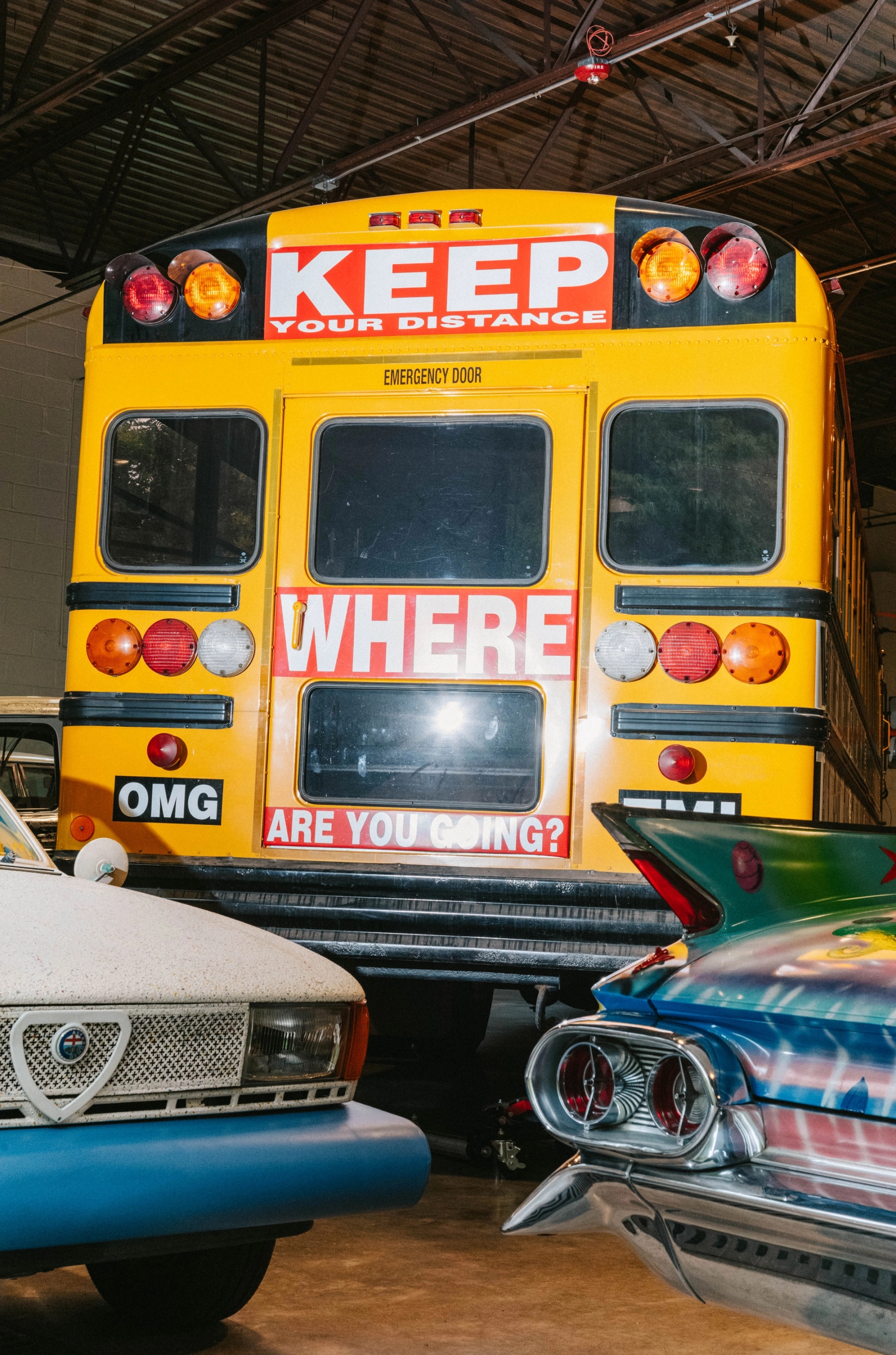
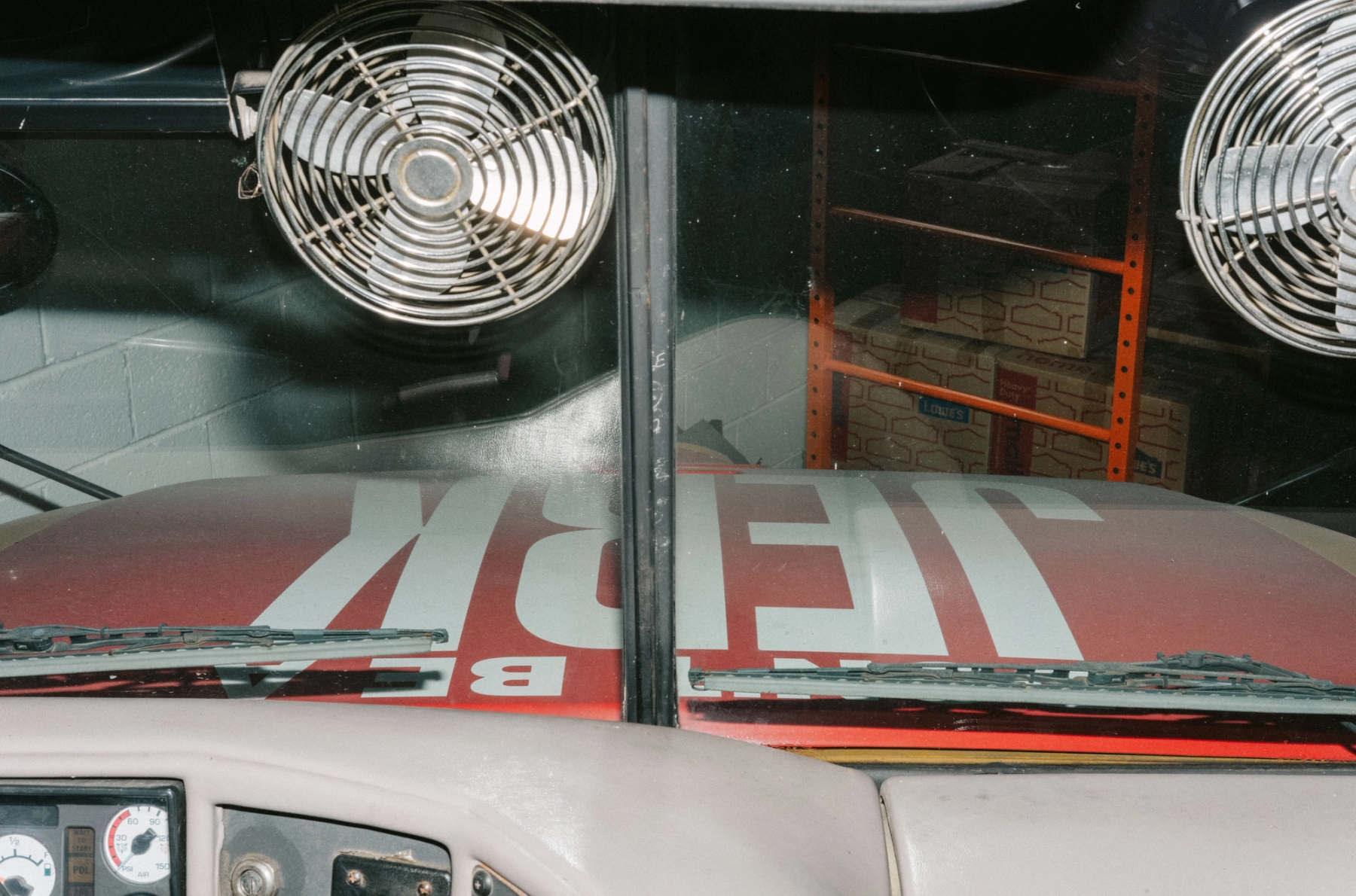
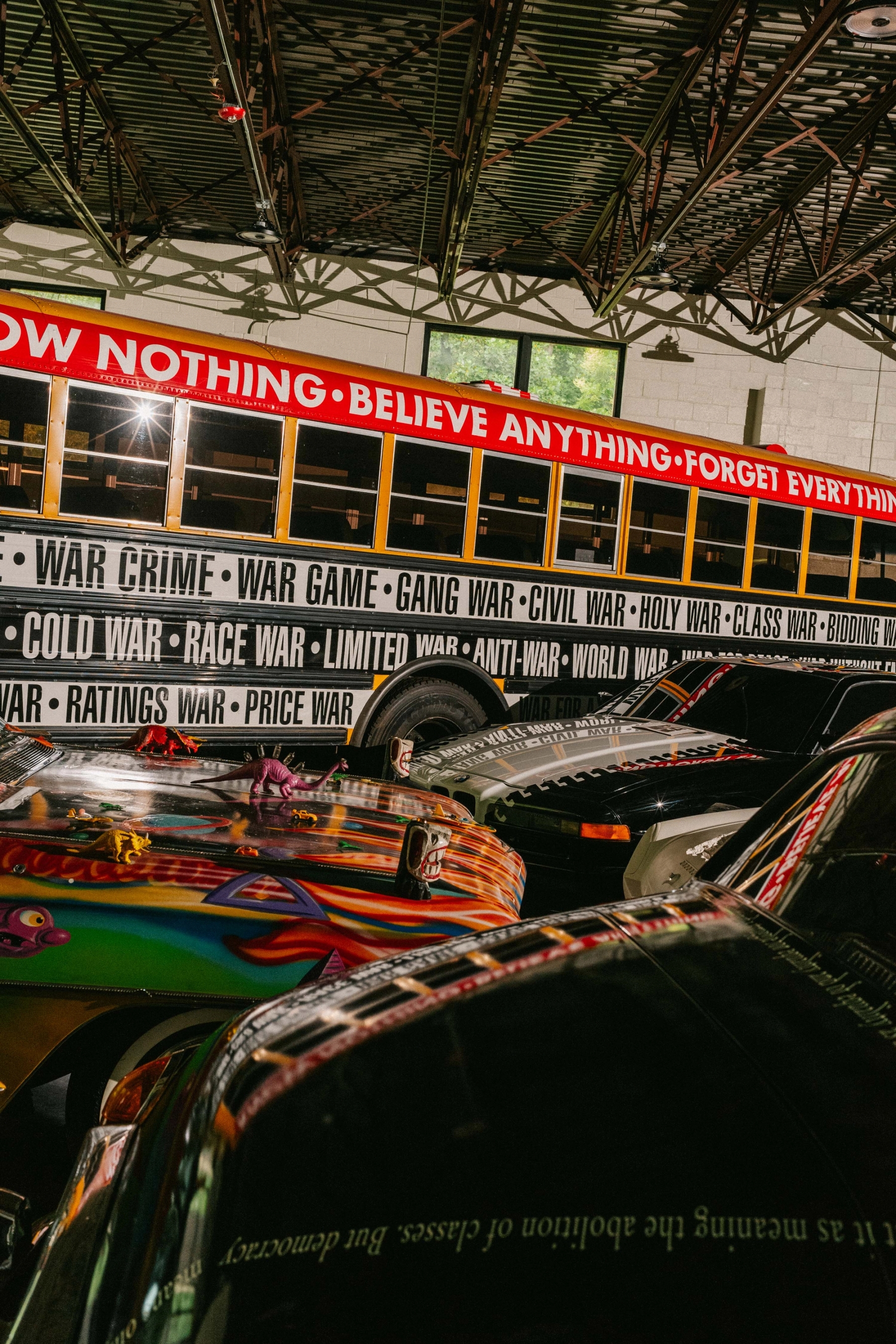
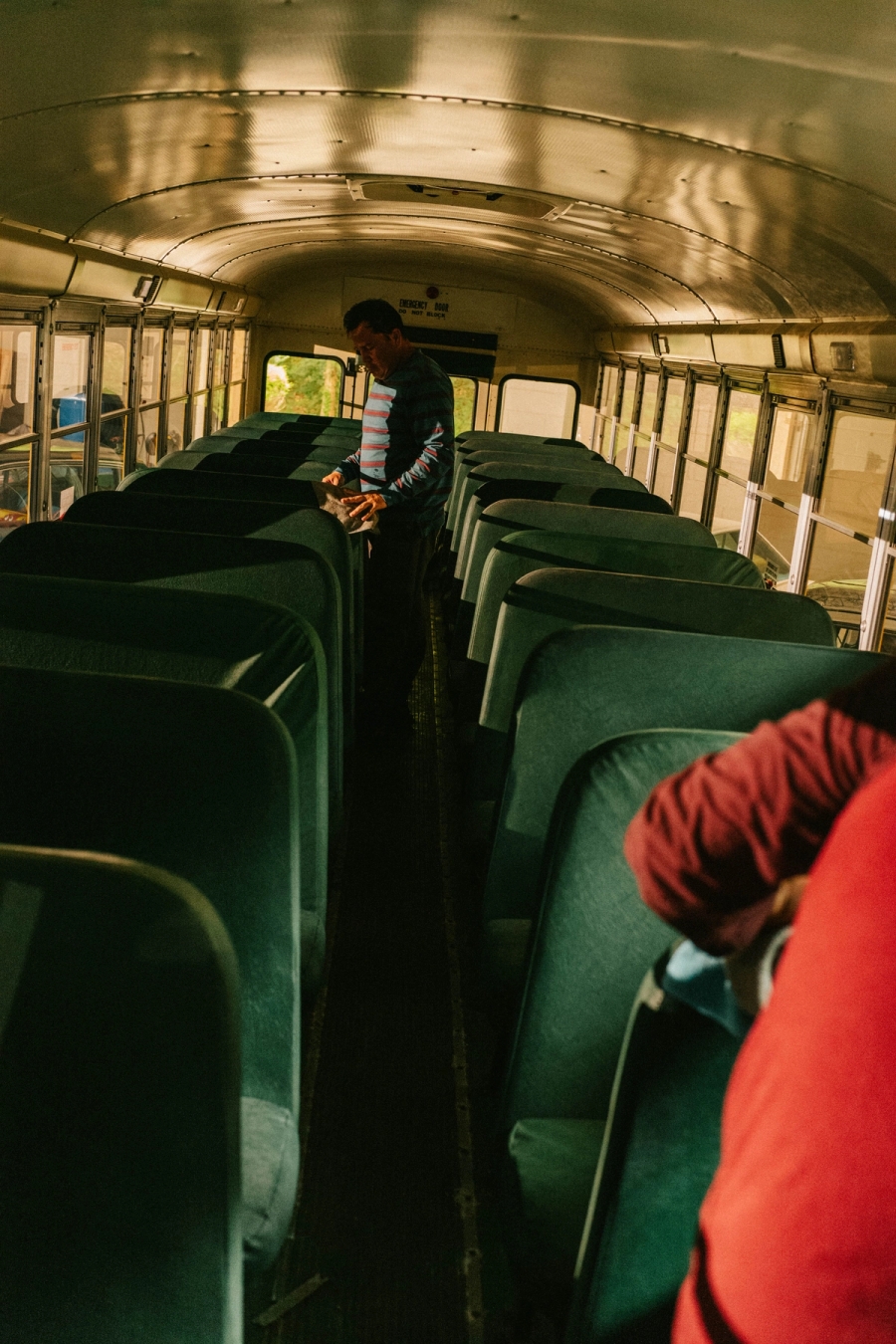
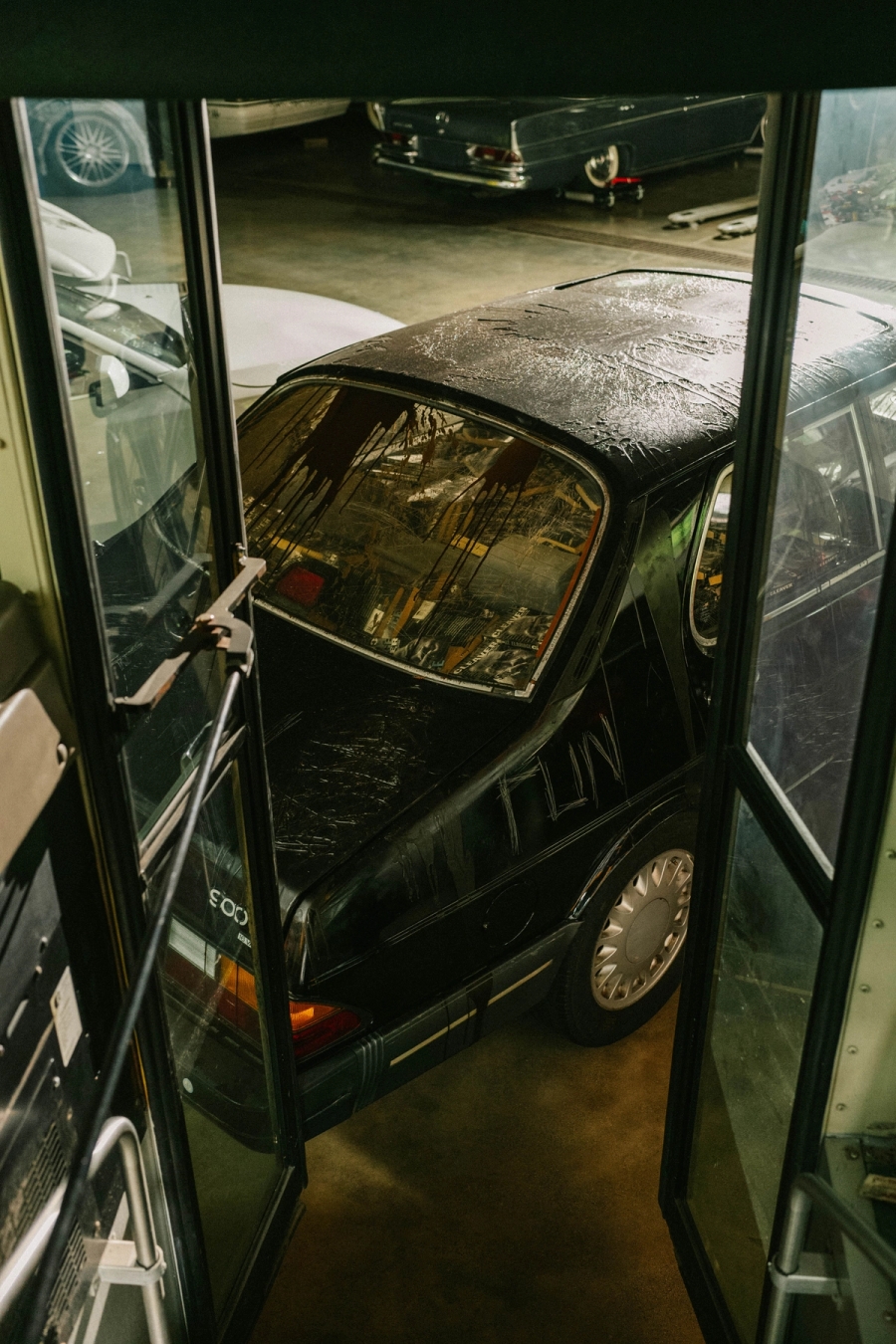


Together, they speak to an era that once worshipped speed and the freedom of the open road, yet now stands at a turning point - confronting the climate crisis and questioning the fossil-fuelled dreams that defined the last century.
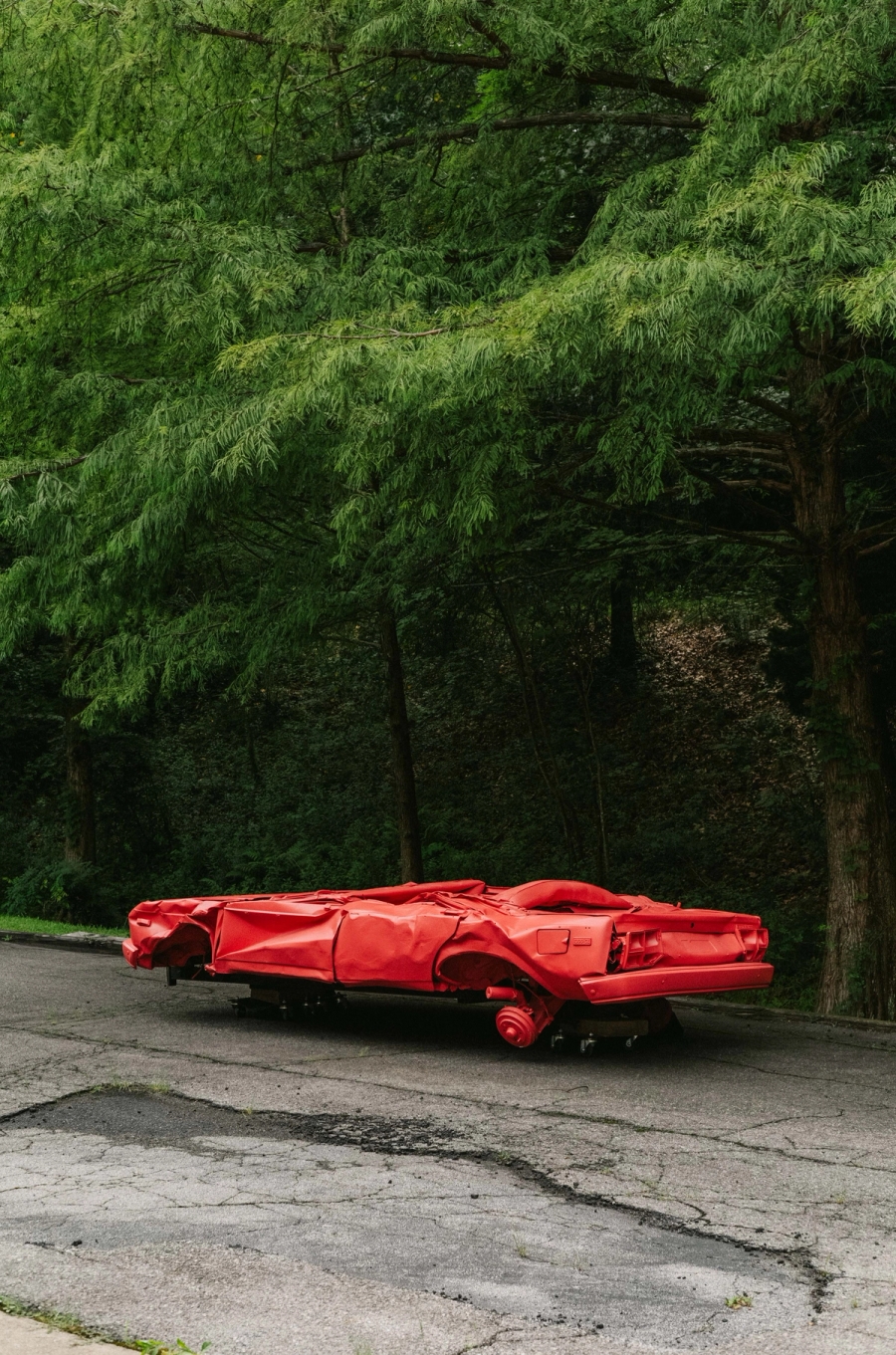
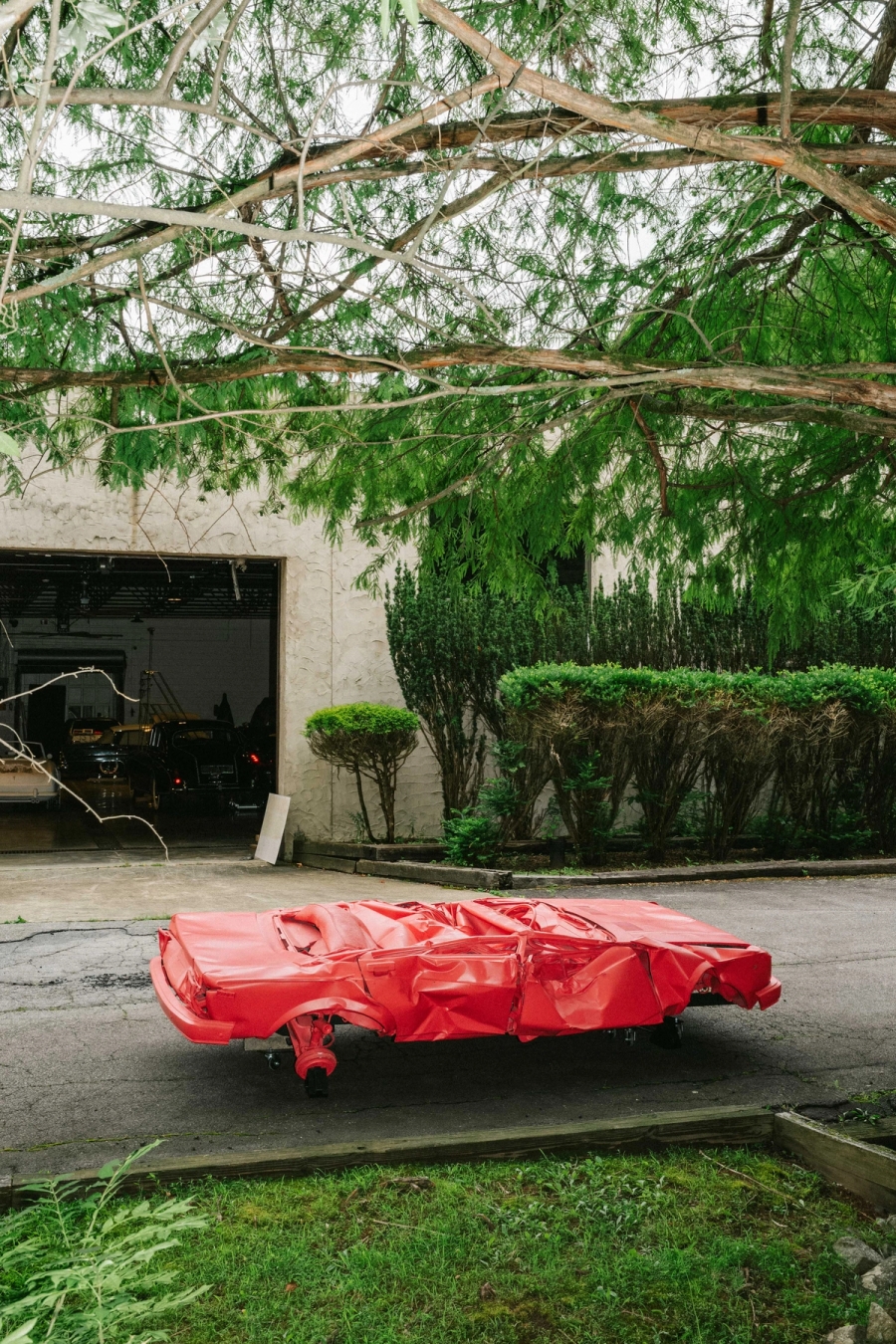
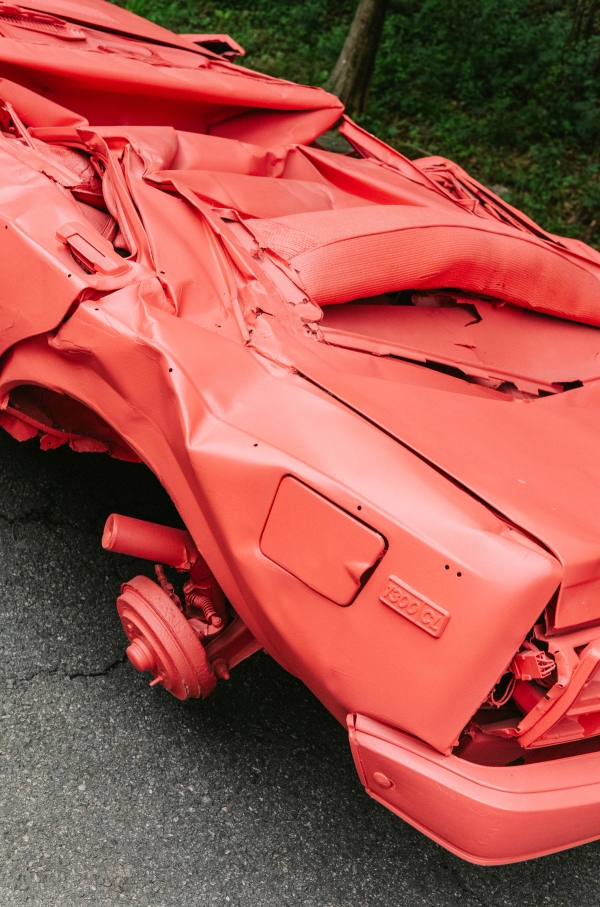
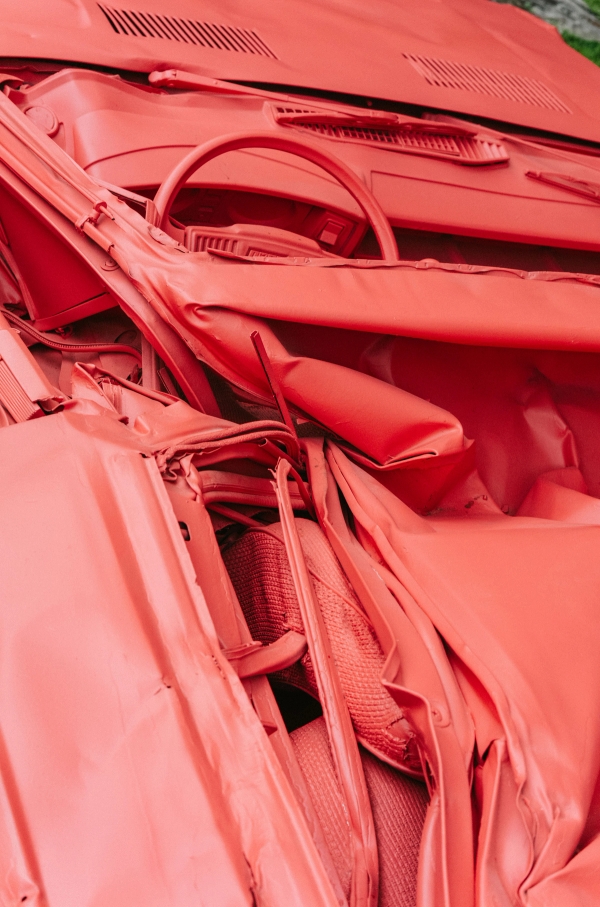
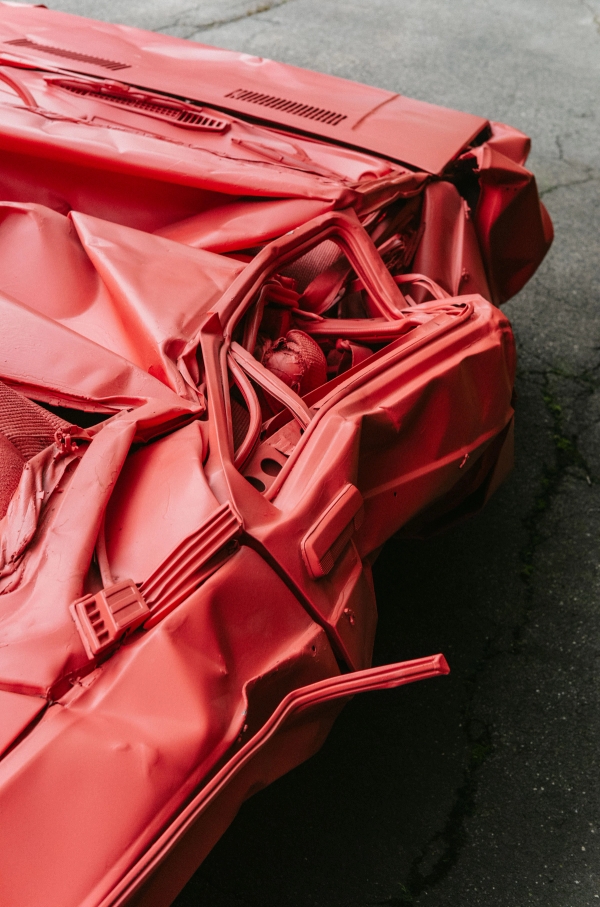
At the heart of this improbable sanctuary is a single, passionate figure: a collector whose devotion to art and belief in its power to shape our shared future has turned a derelict workshop into a private temple of ideas. Here, the car - an object so central to the modern age - is transformed into a vessel for culture as much as for travel, a mirror reflecting both the roads we have travelled and the ones we have yet to imagine.
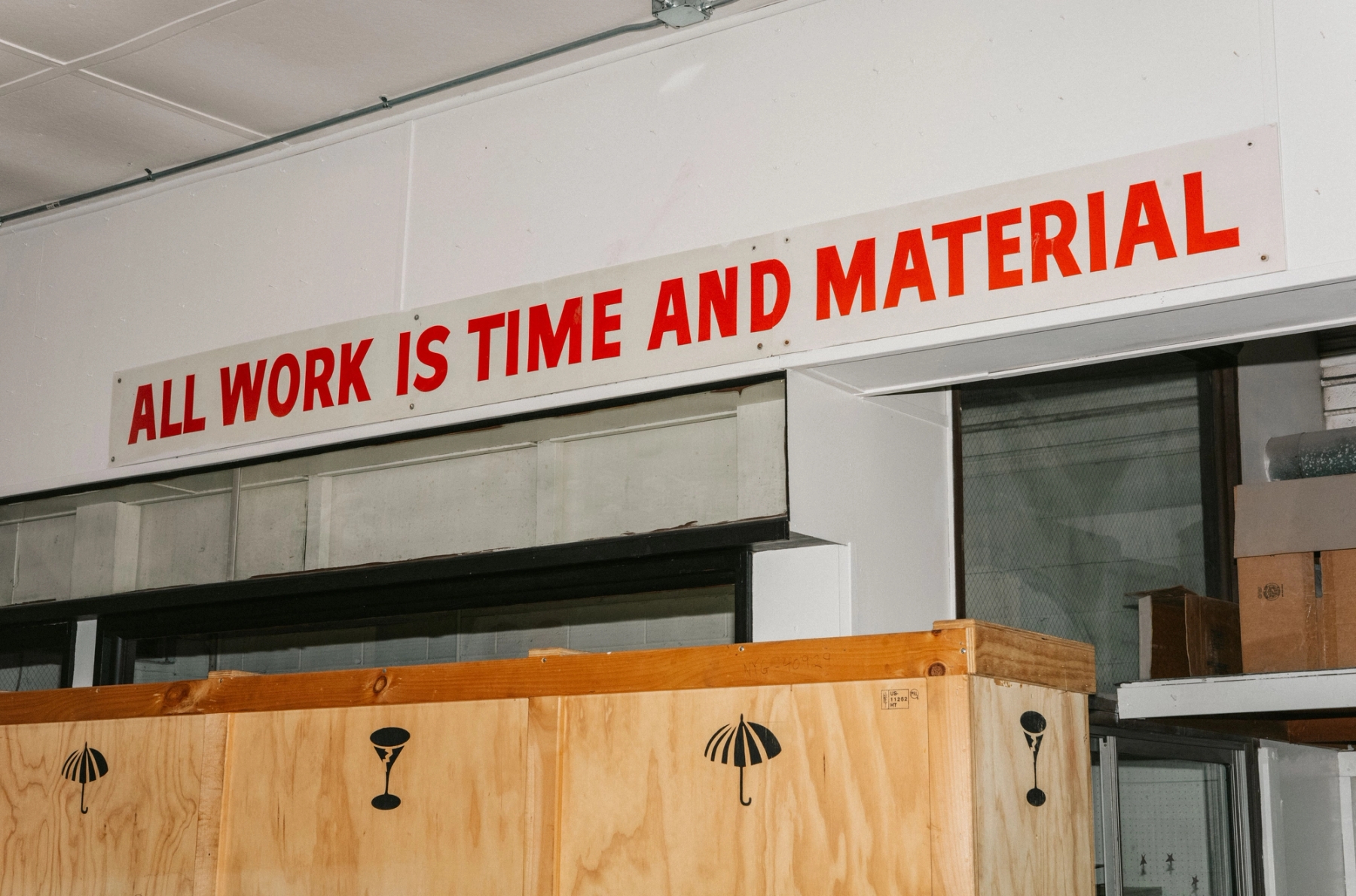
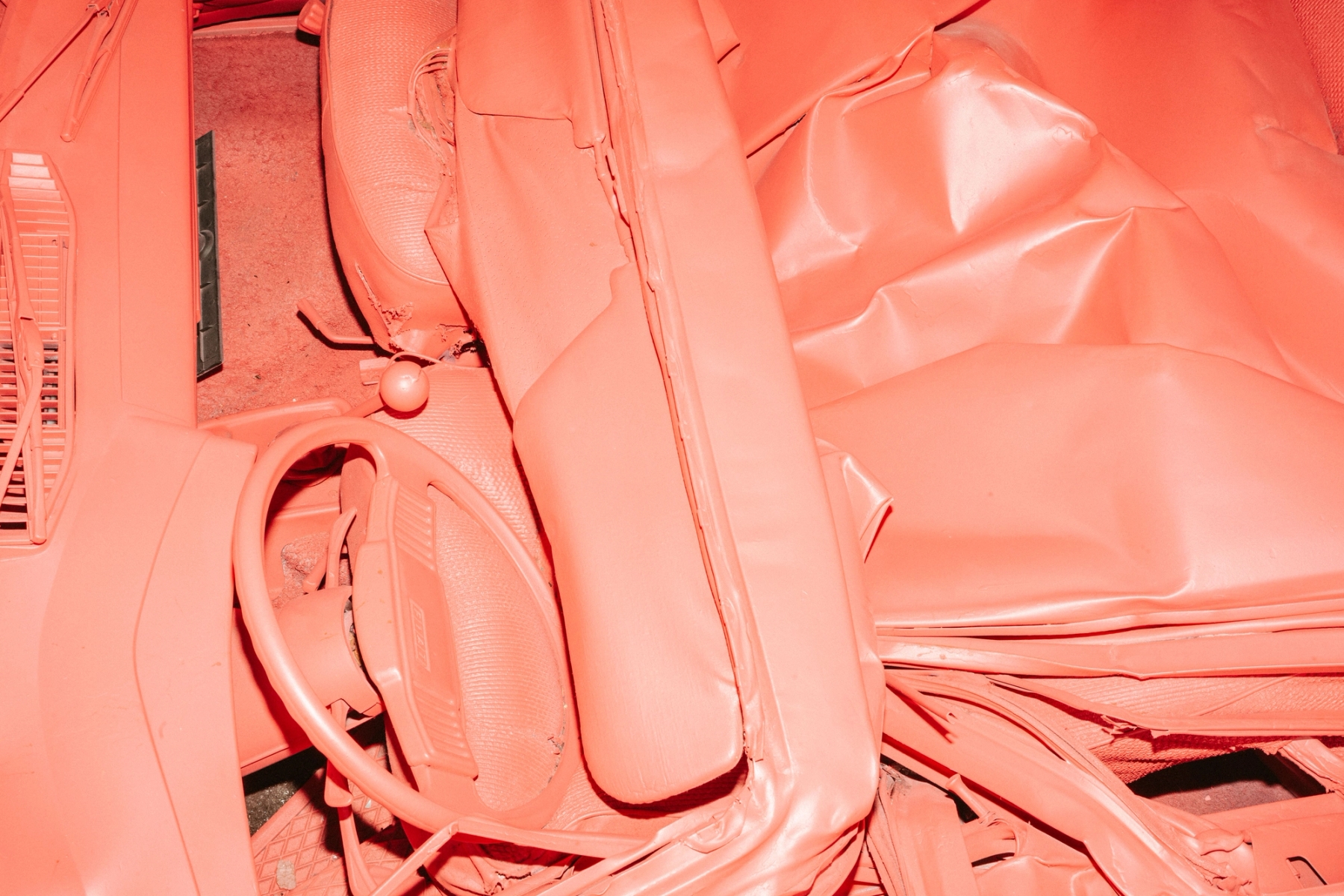
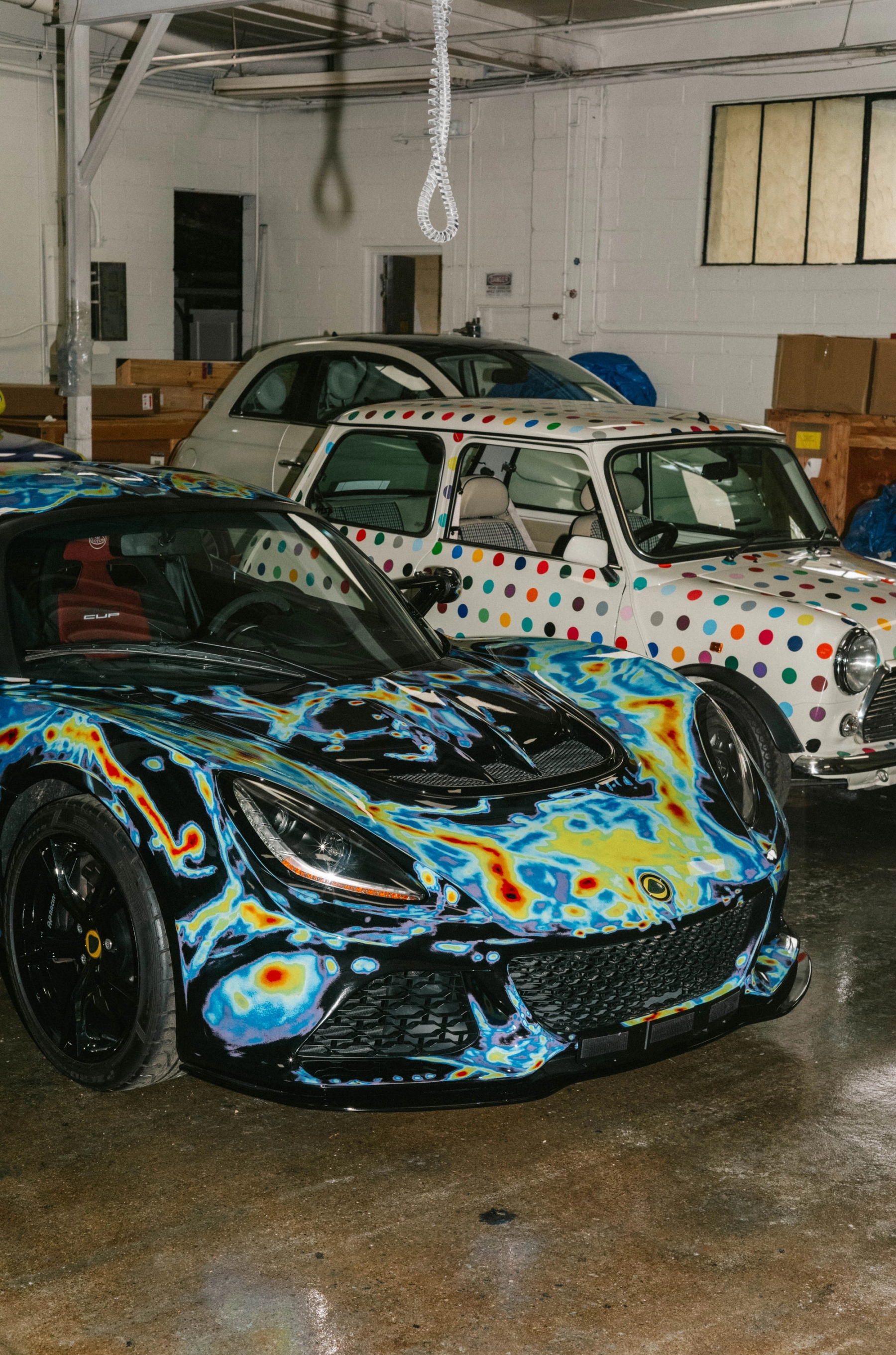
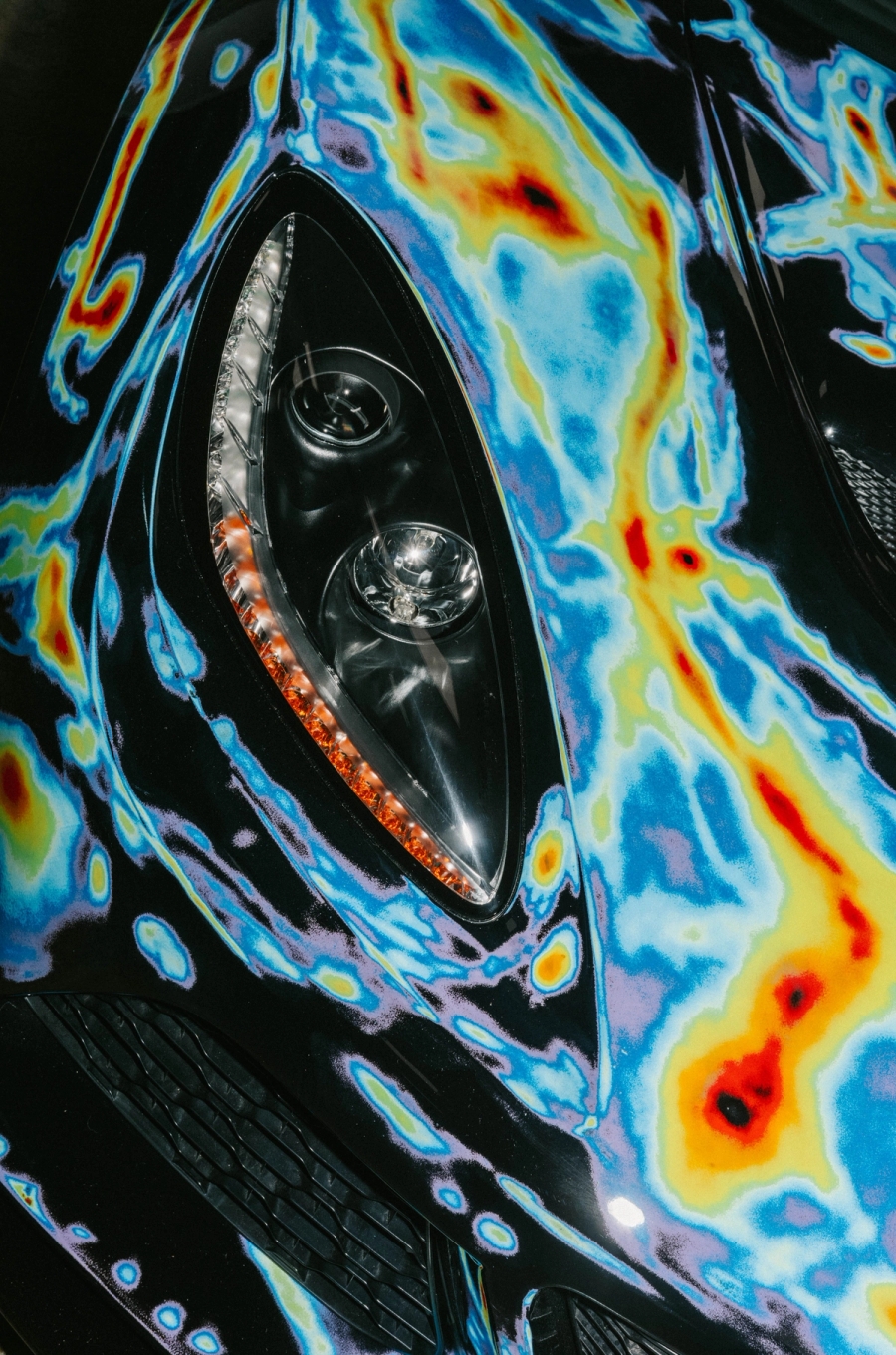
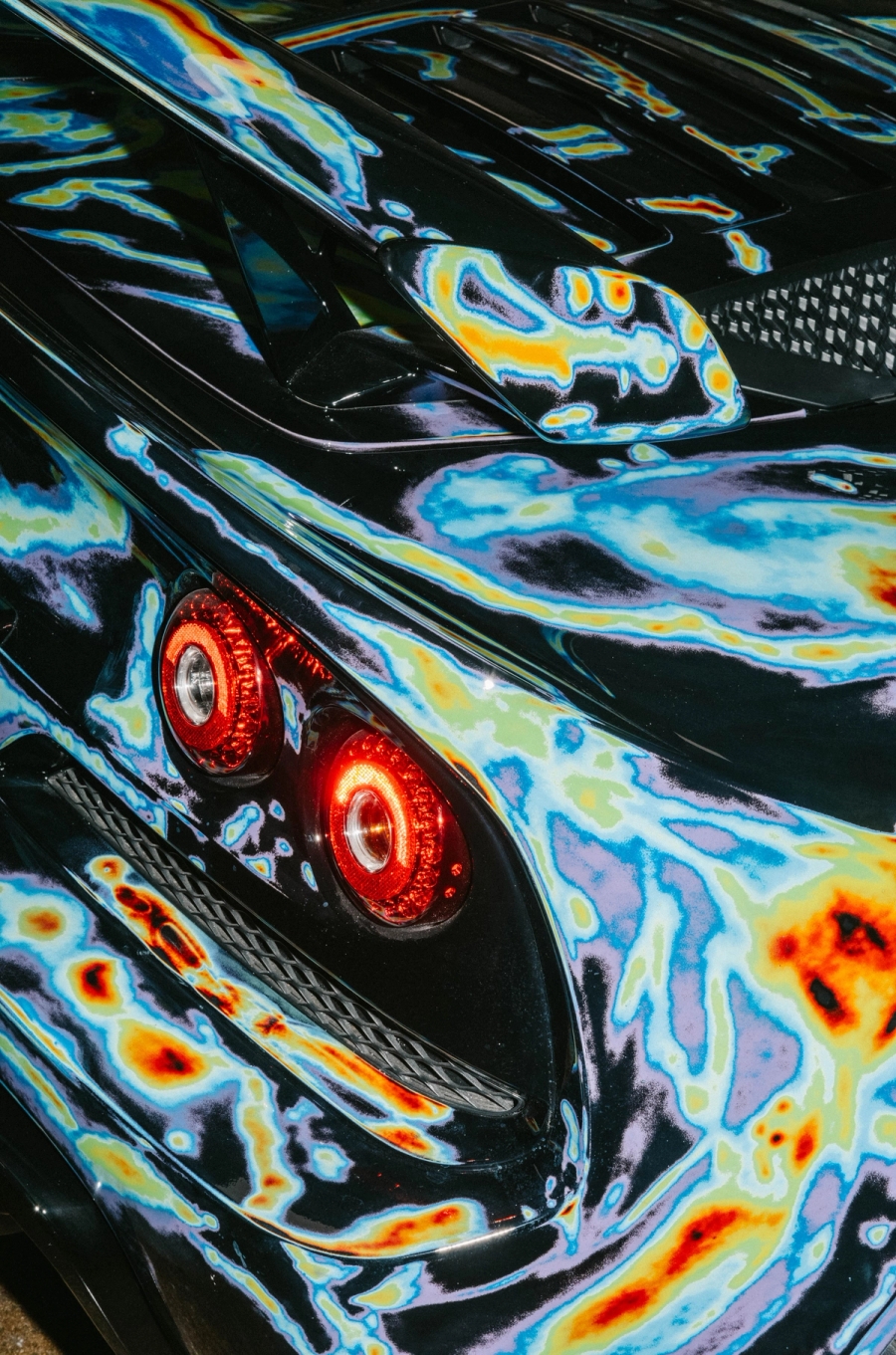
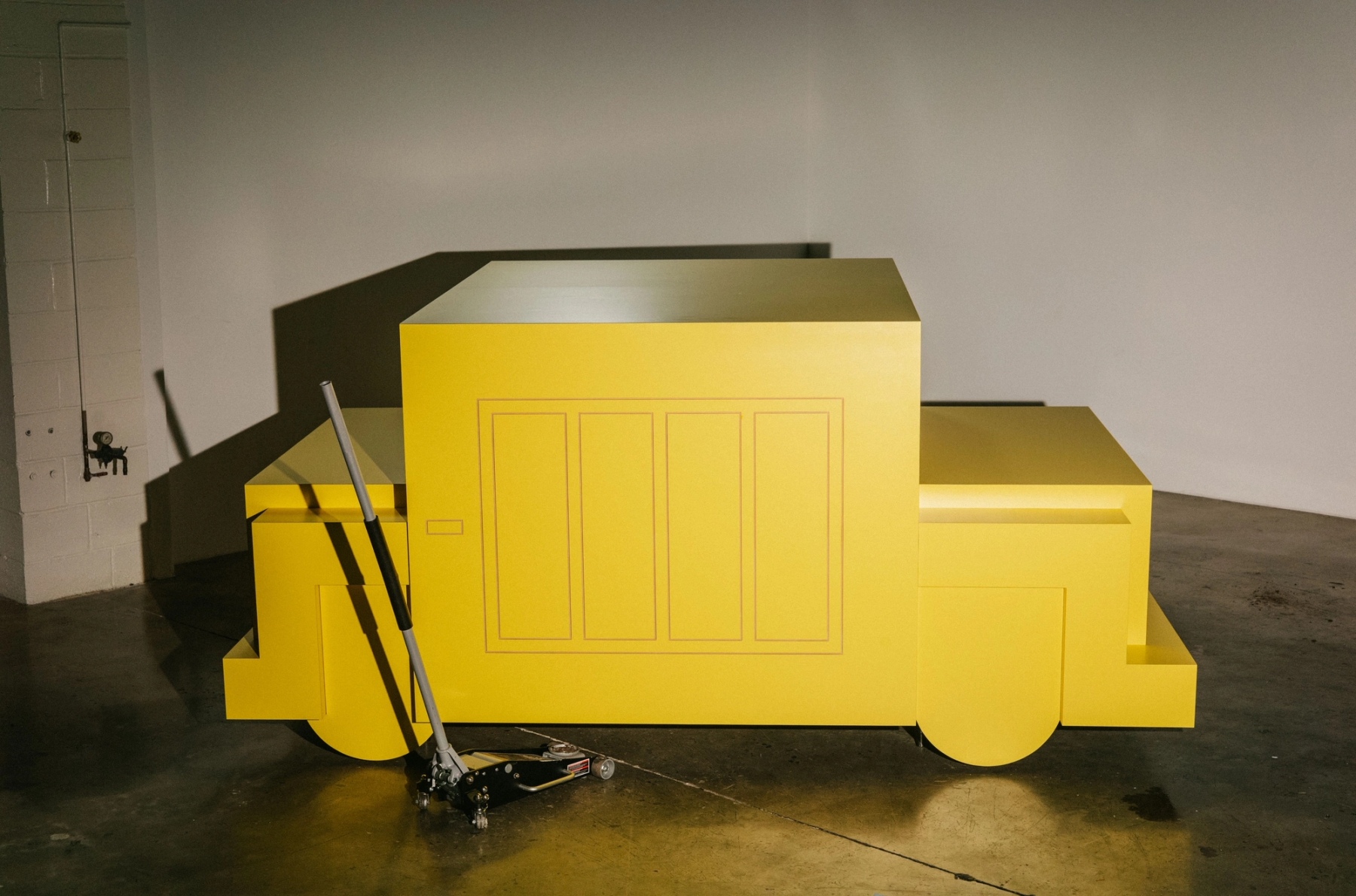
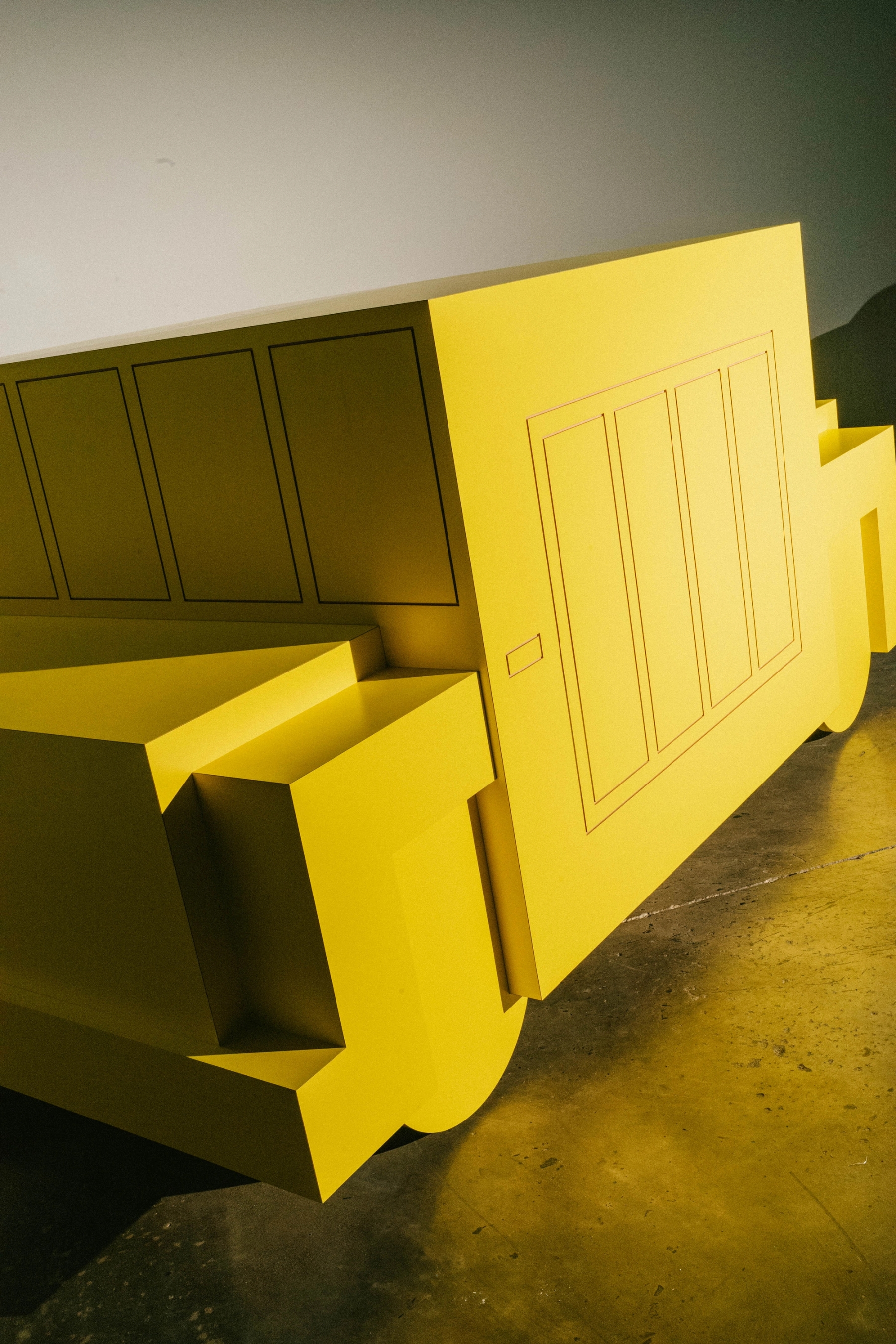
By engaging not only with mechanics and aesthetics, but also with fashion, music, and social currents, CART extends this conversation beyond the automobile itself, situating it within the cultural landscapes it both mirrors and helps to shape.
